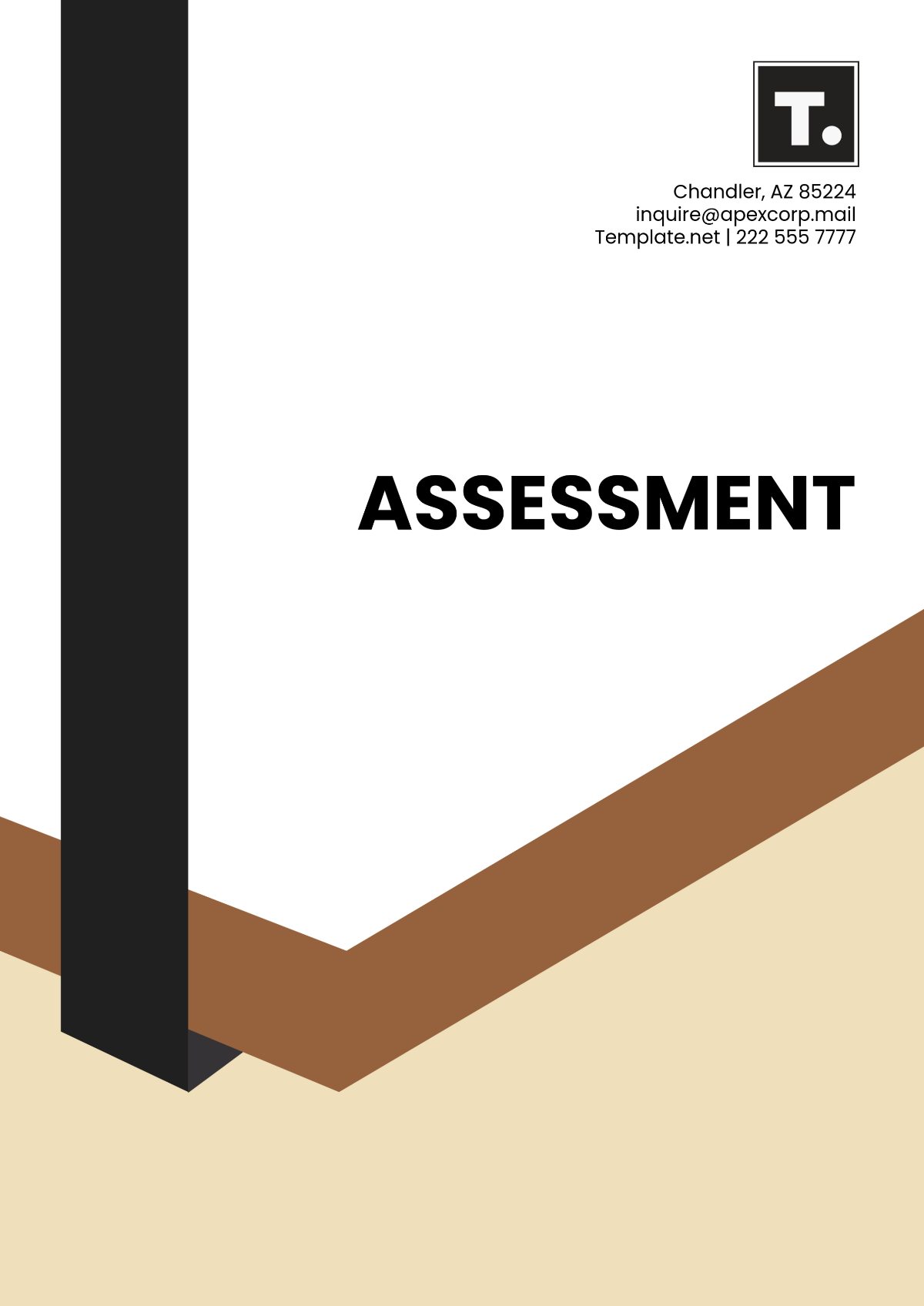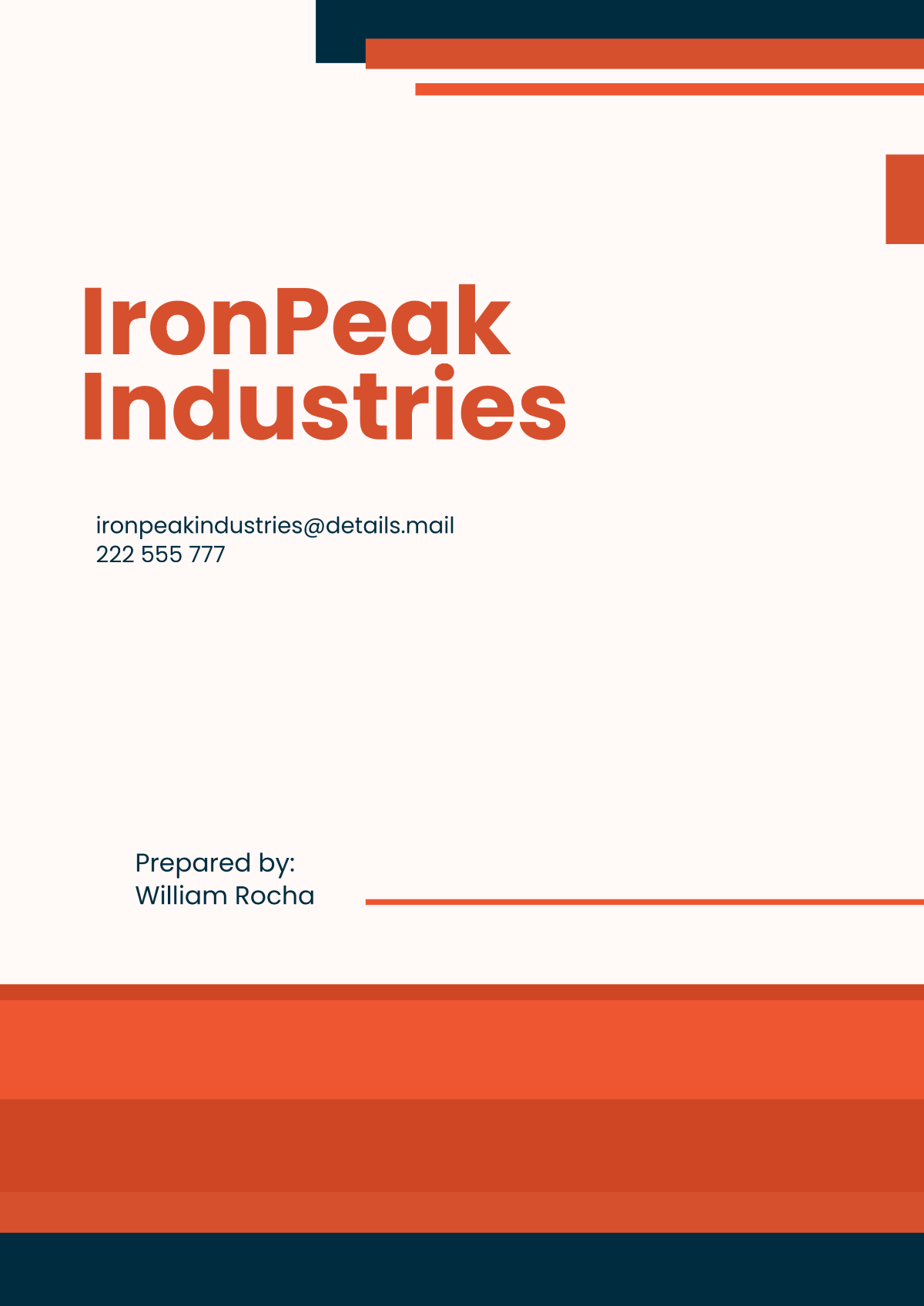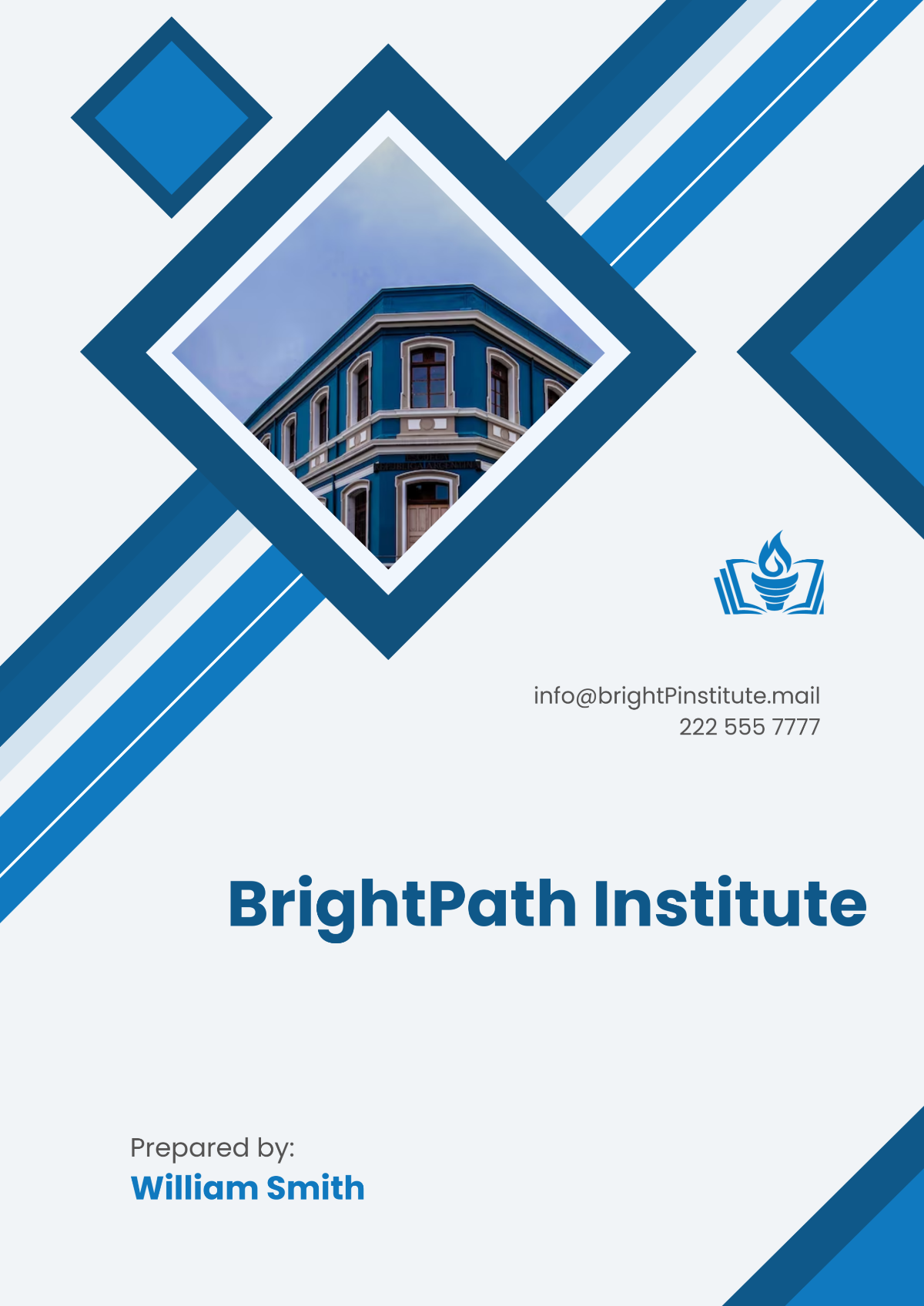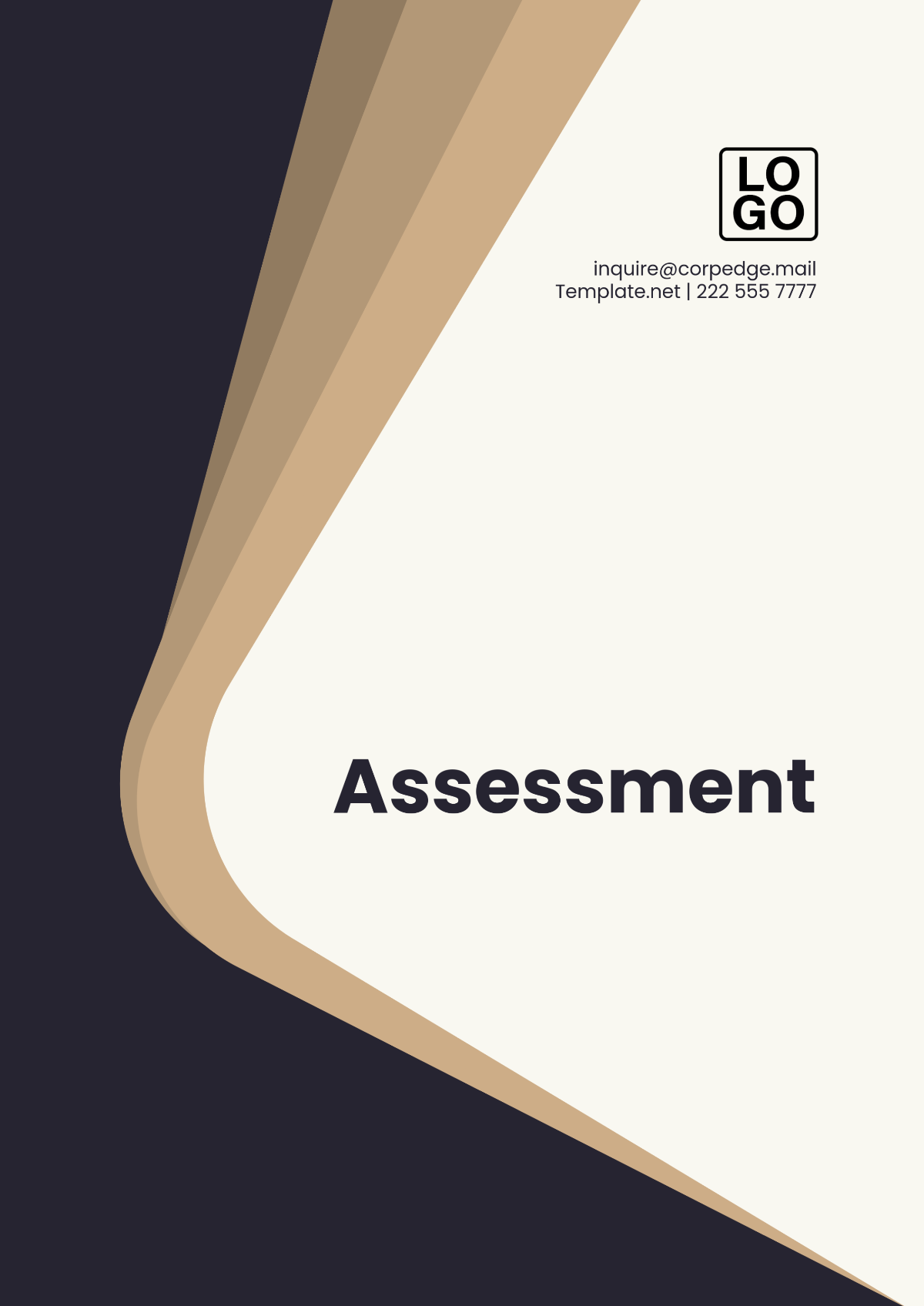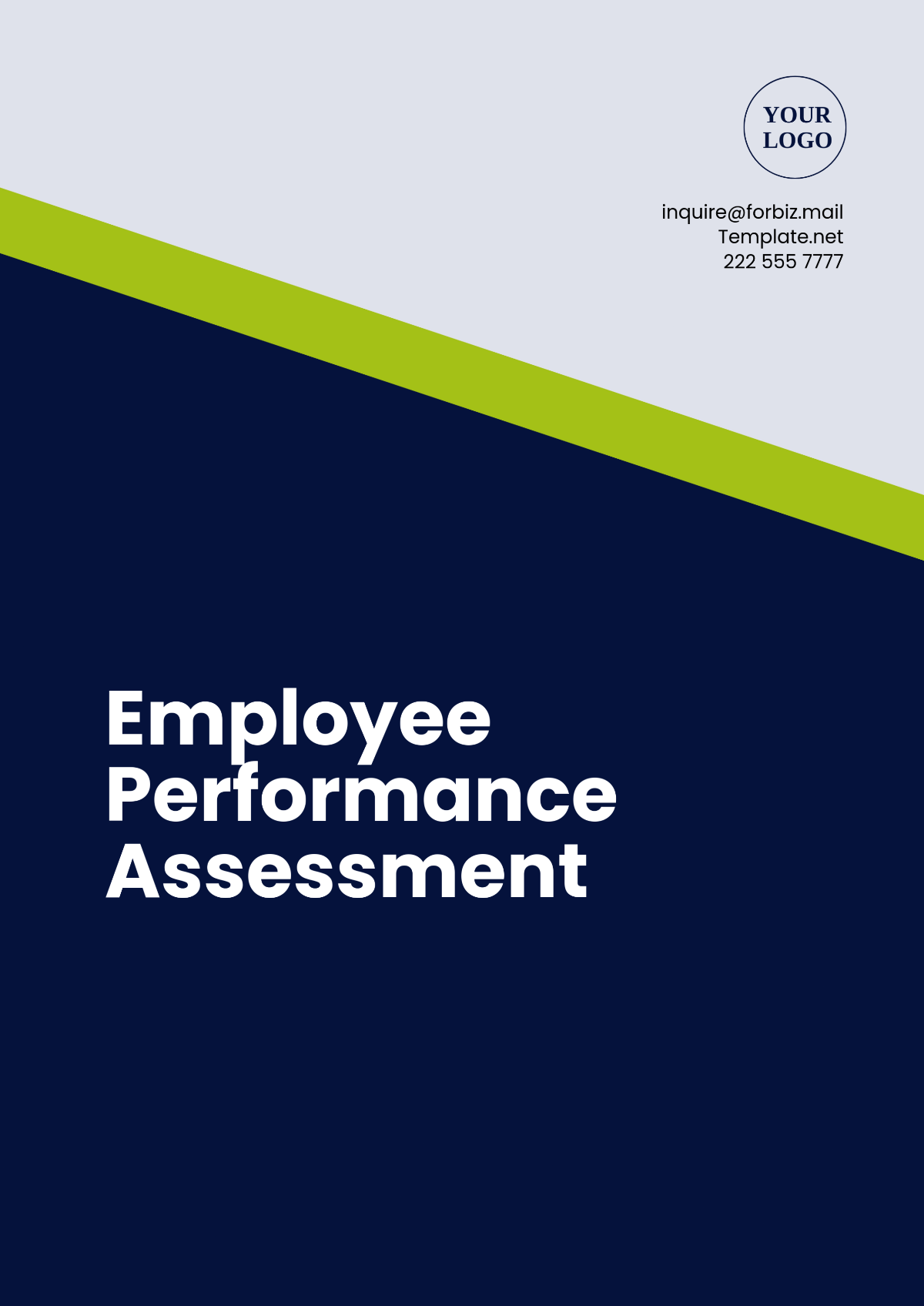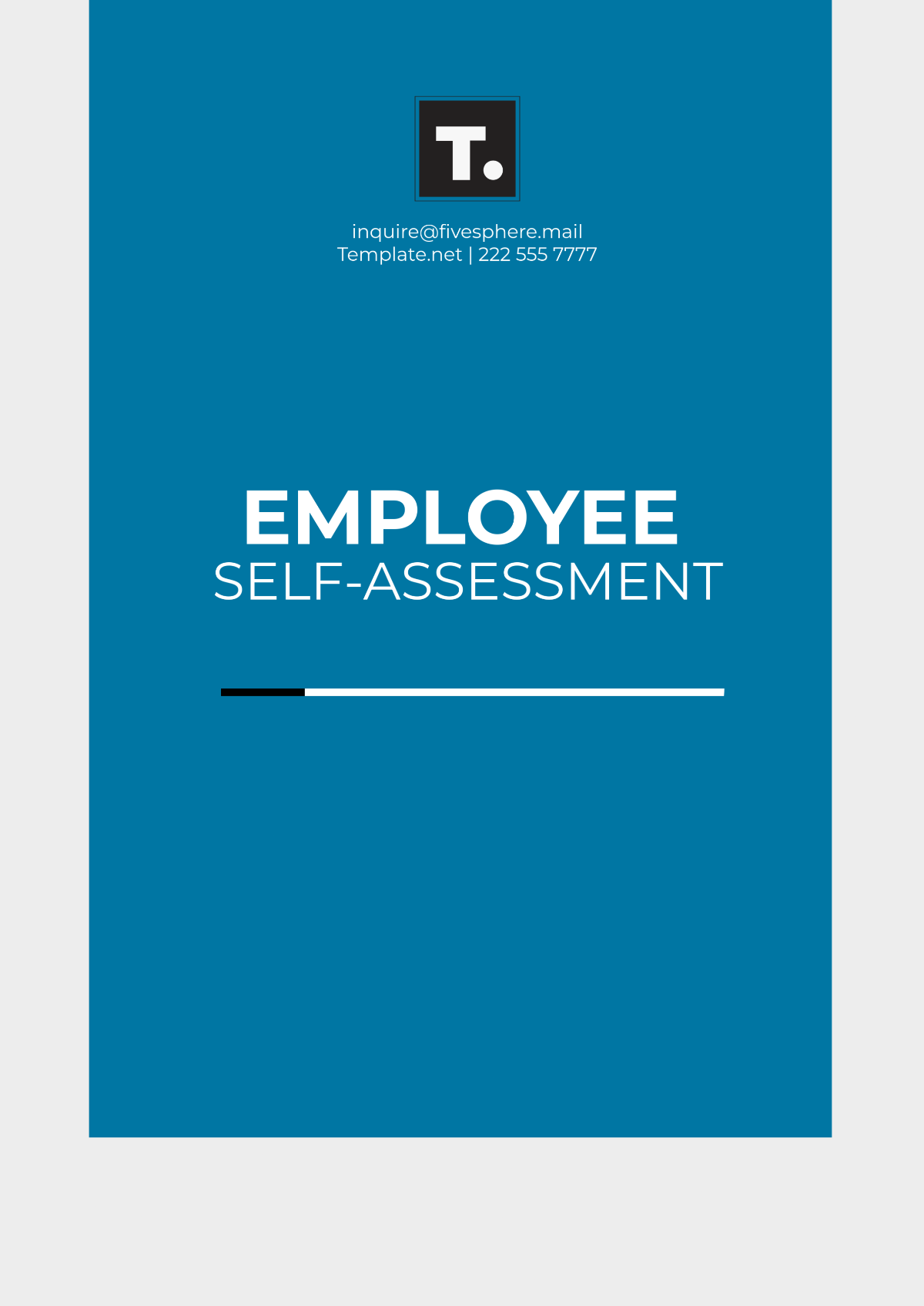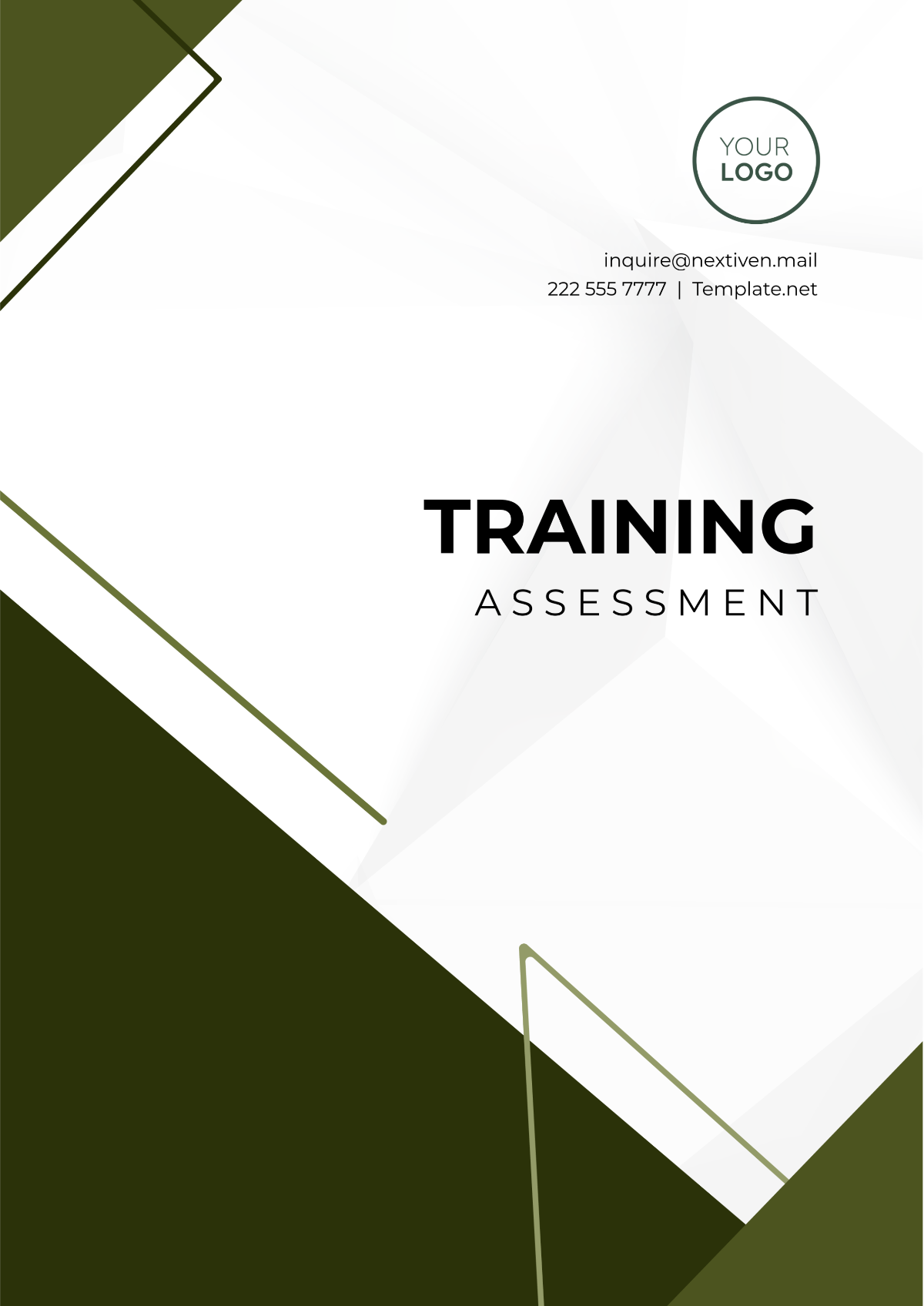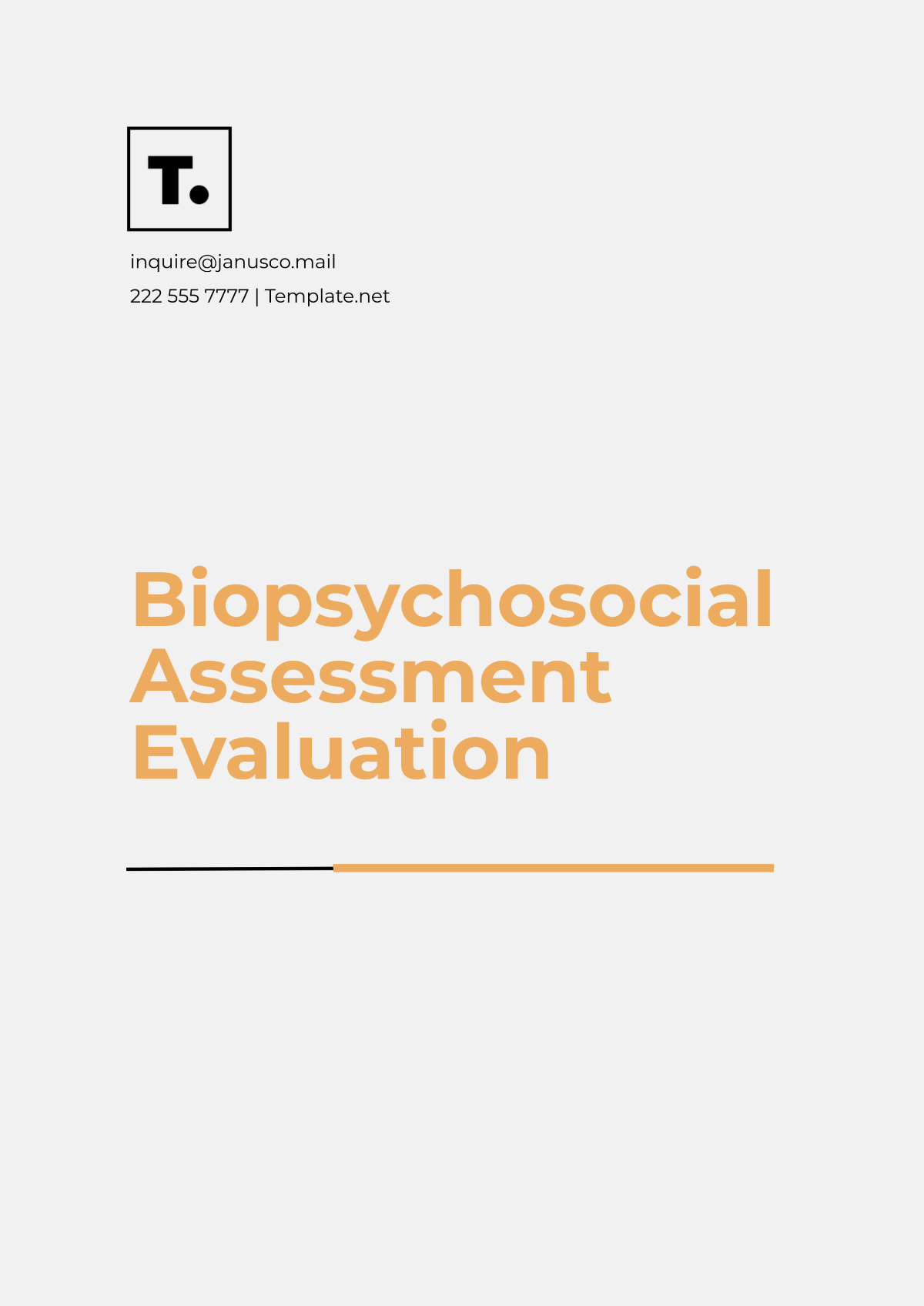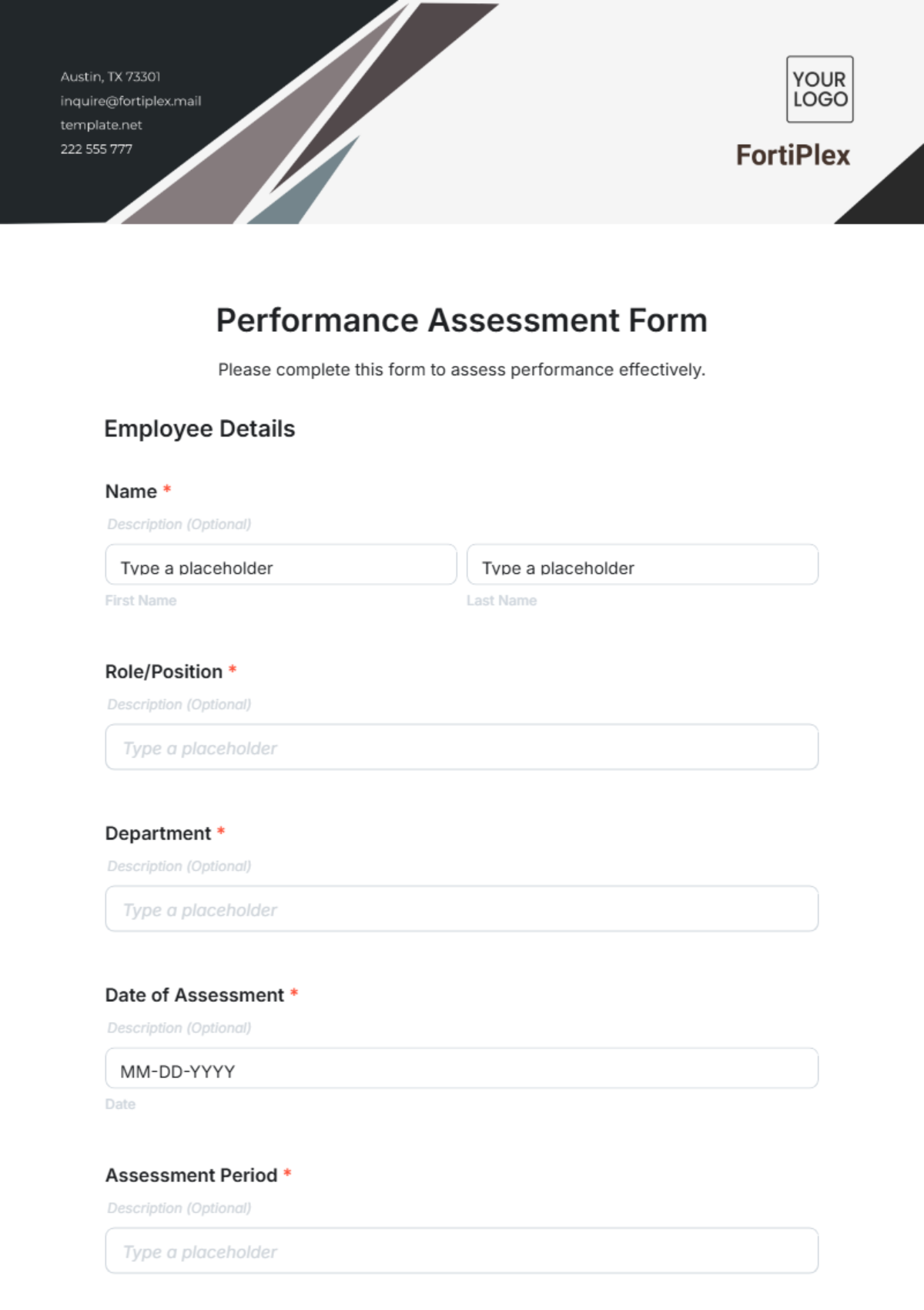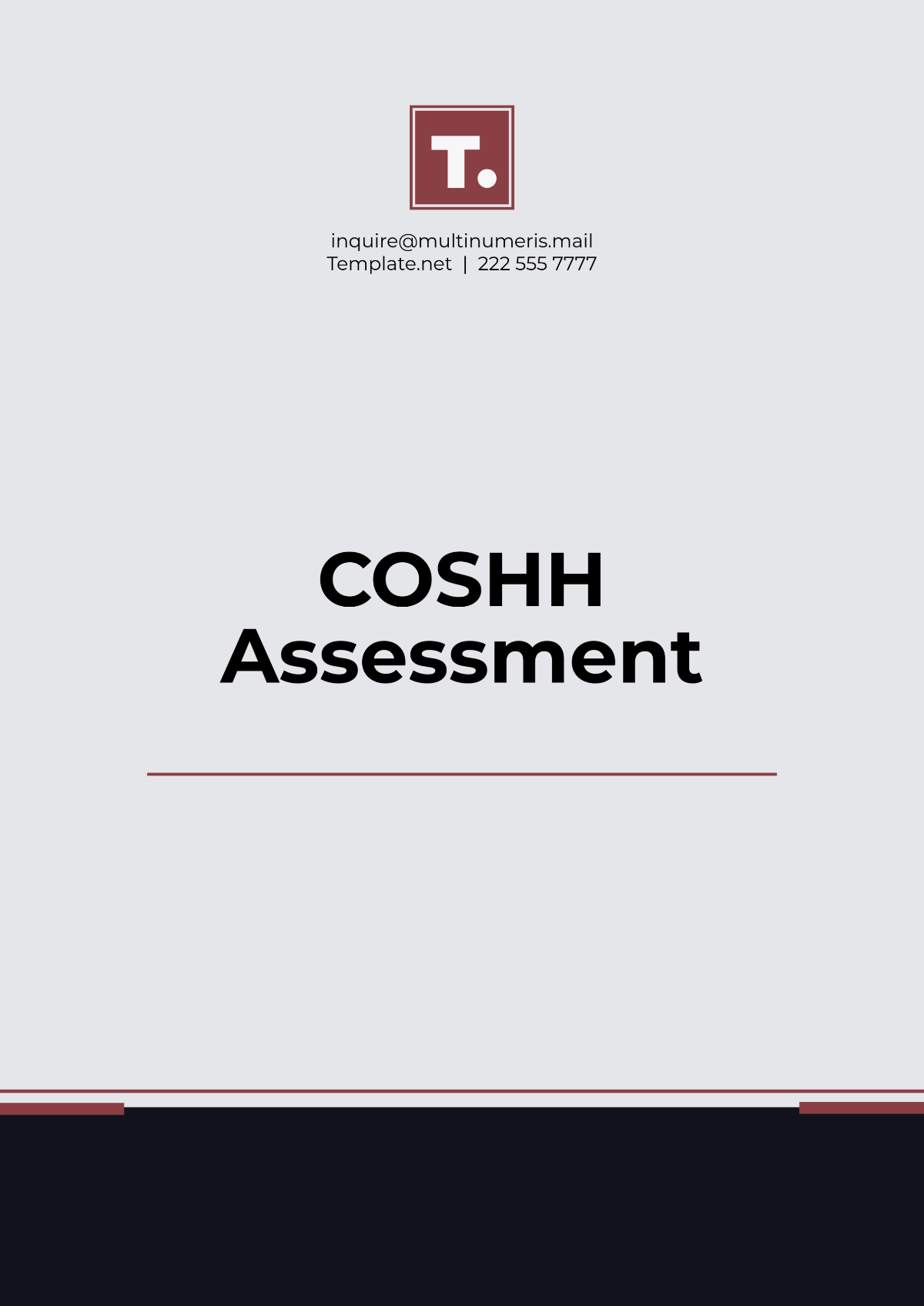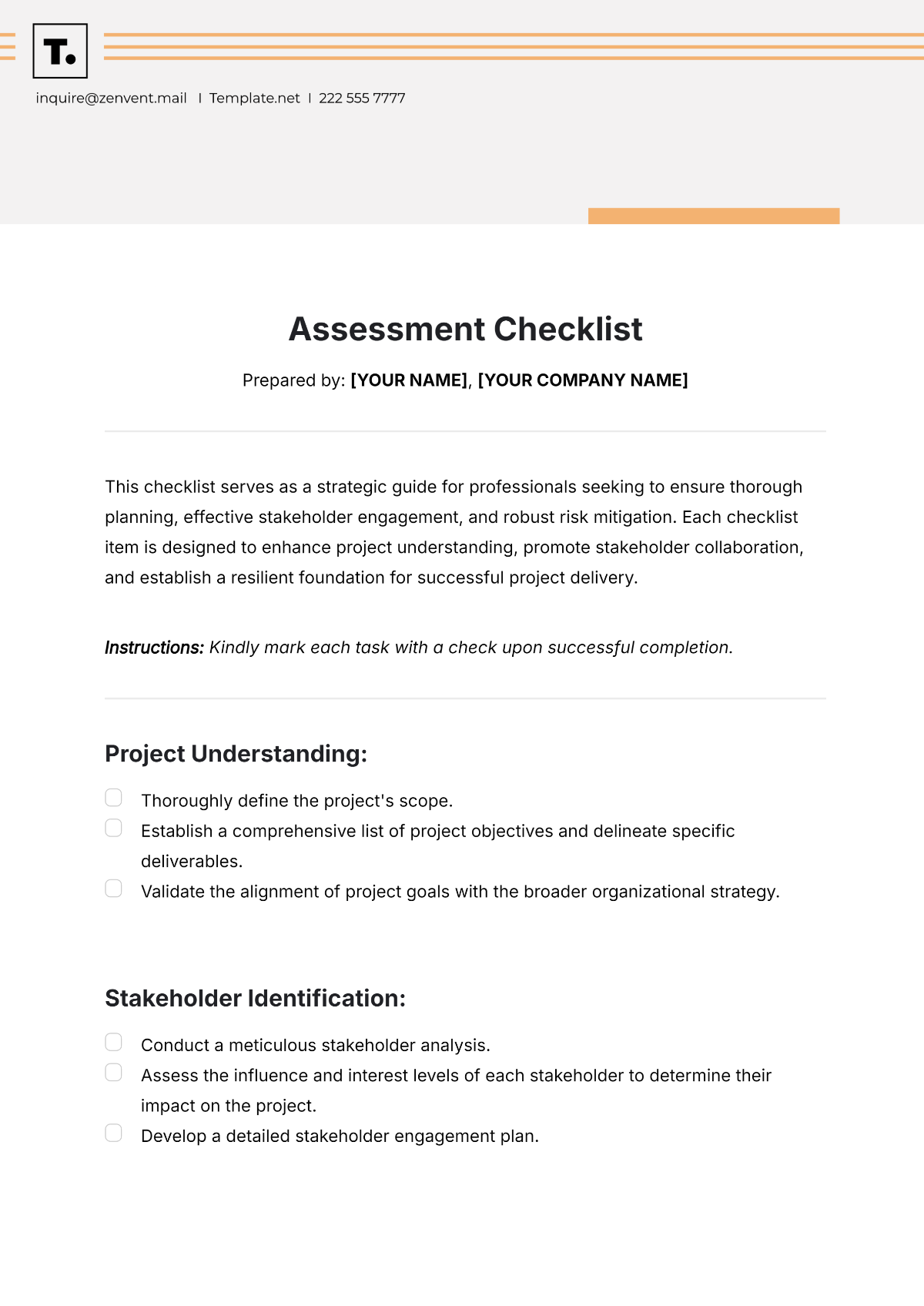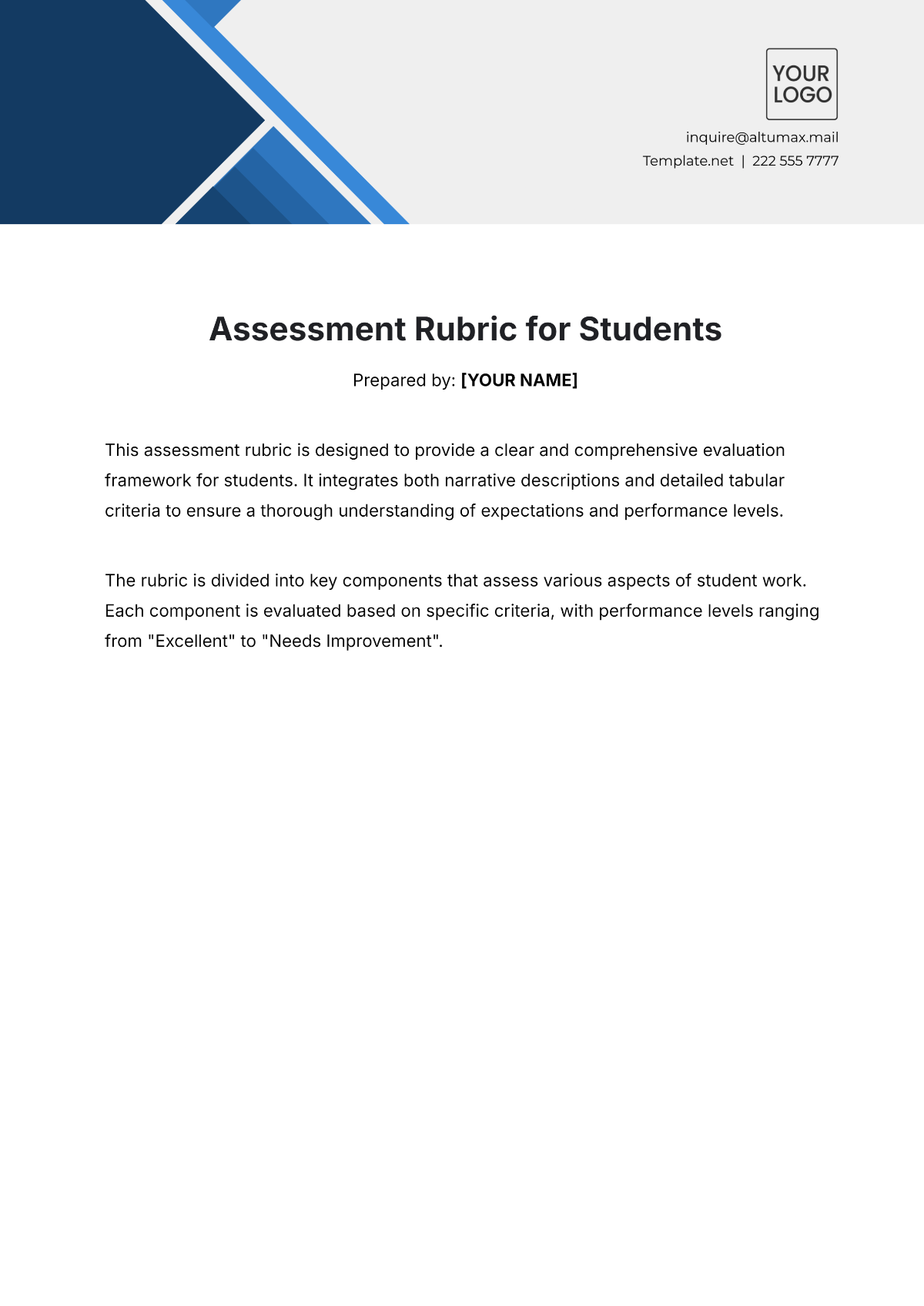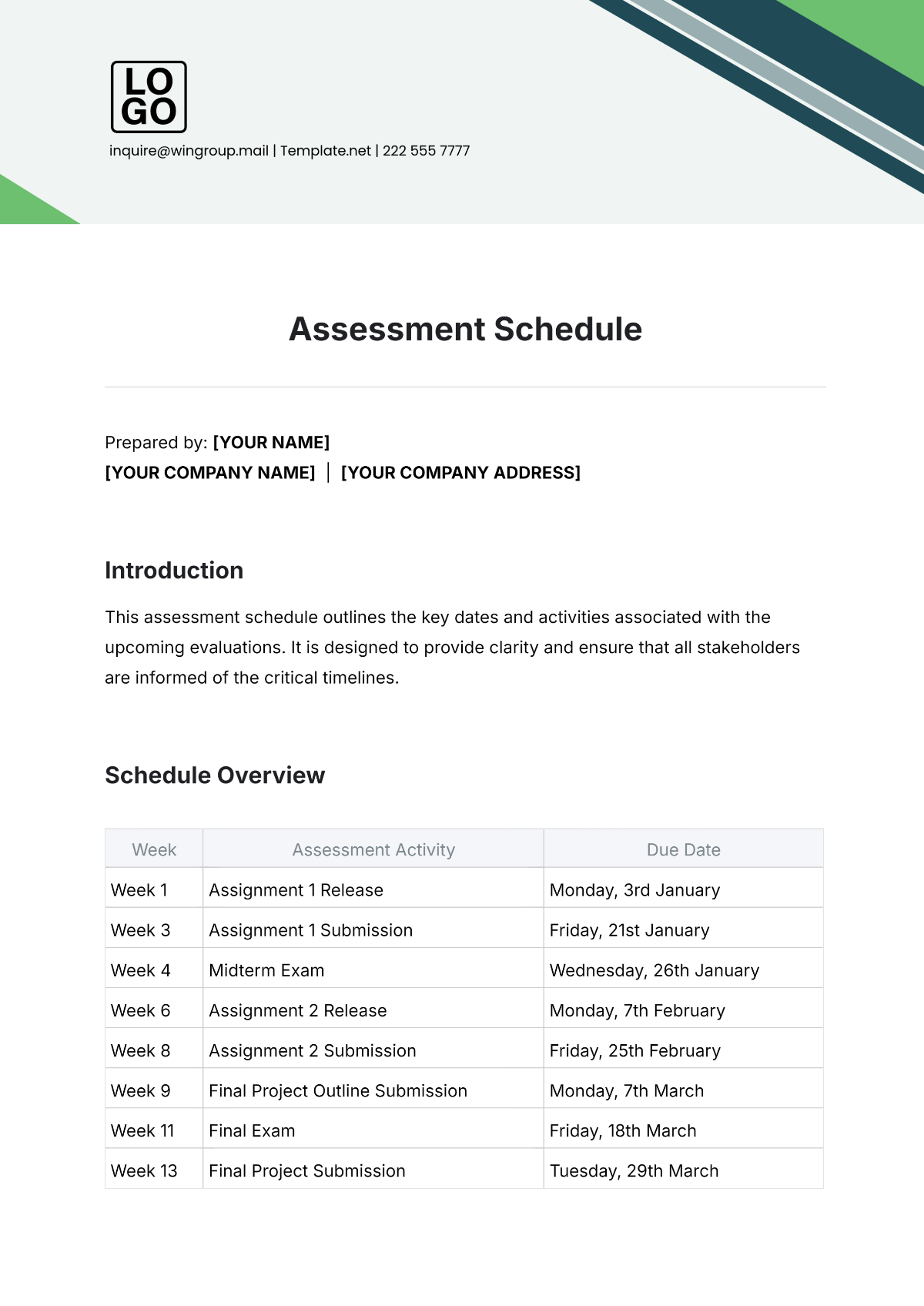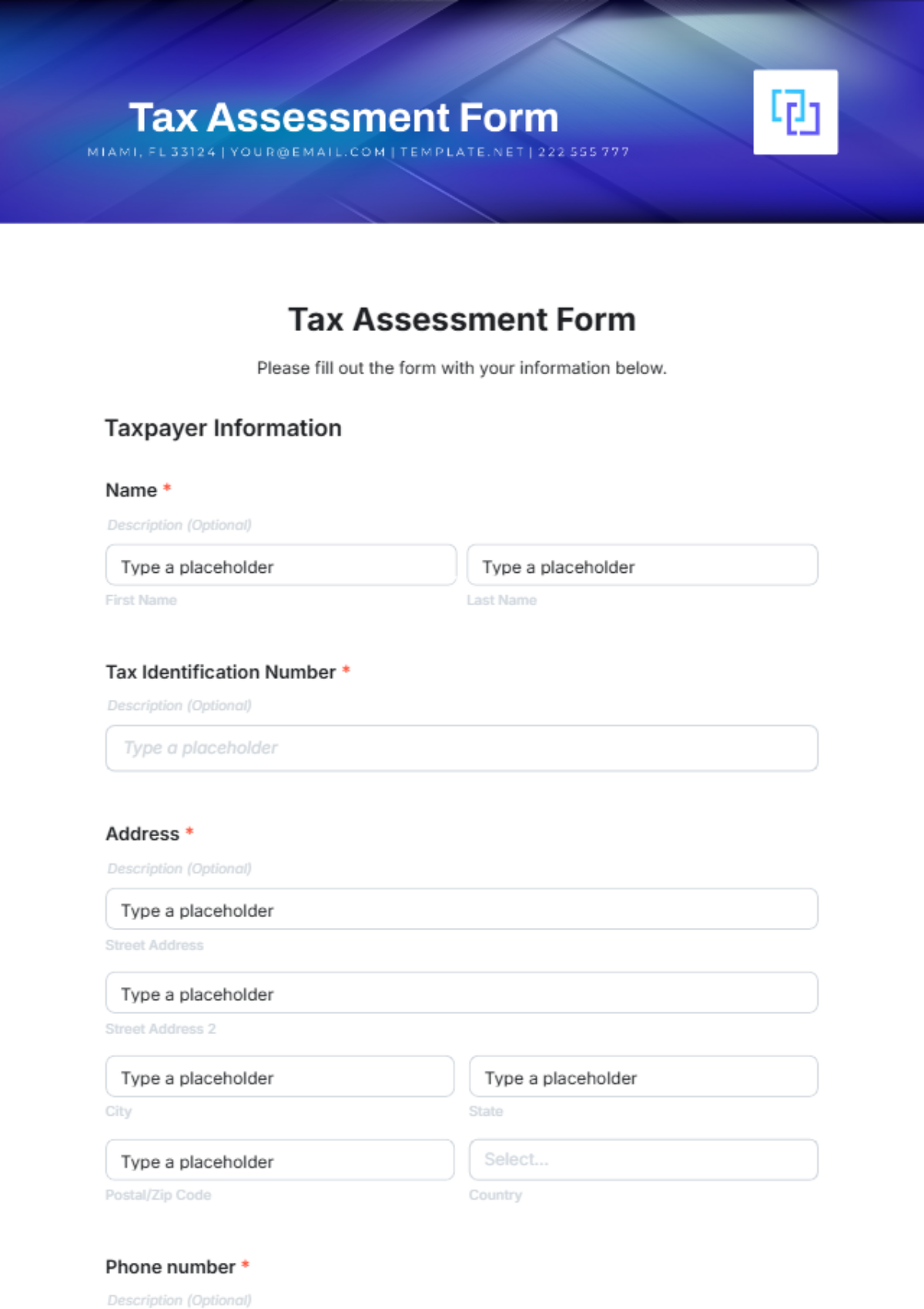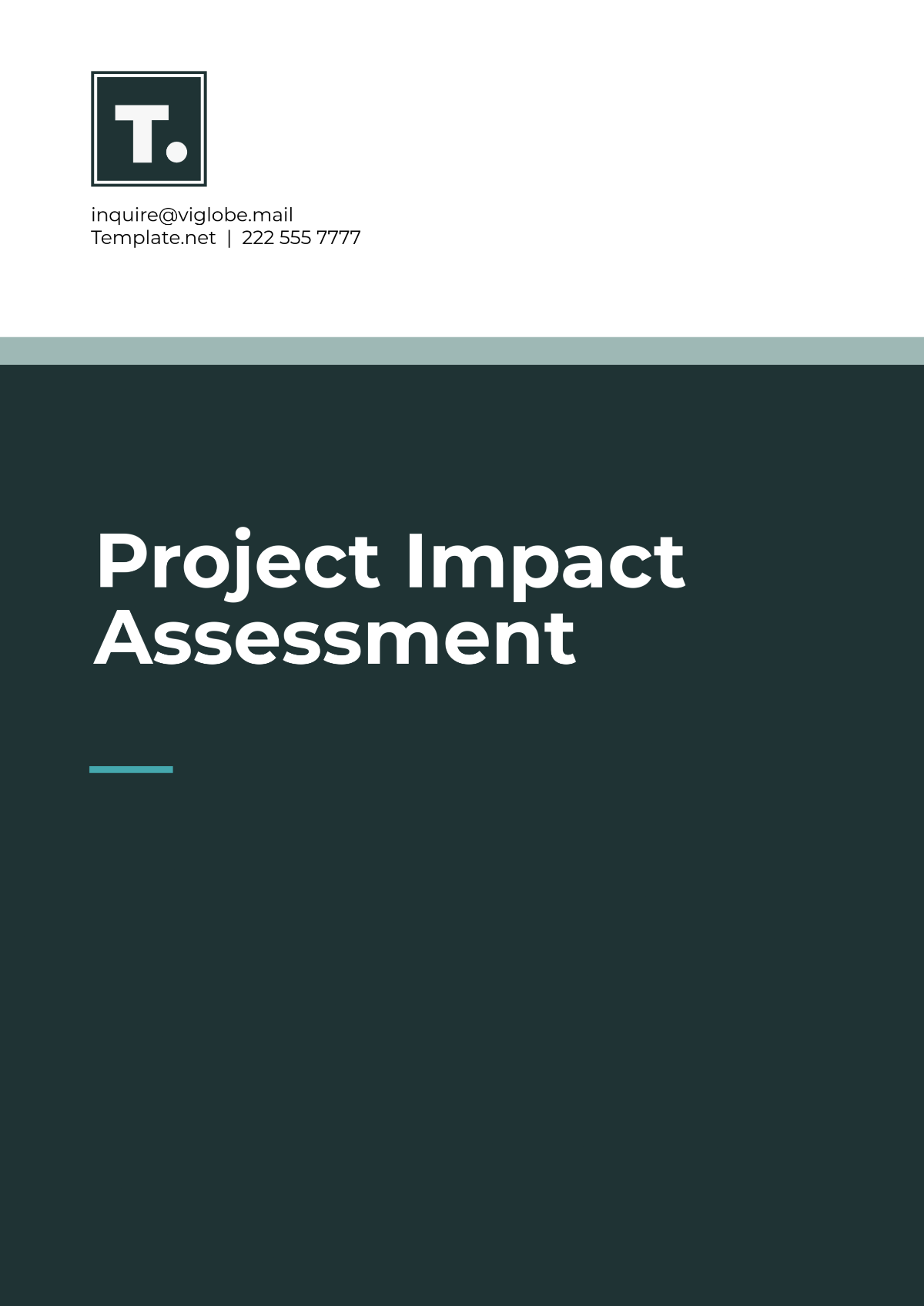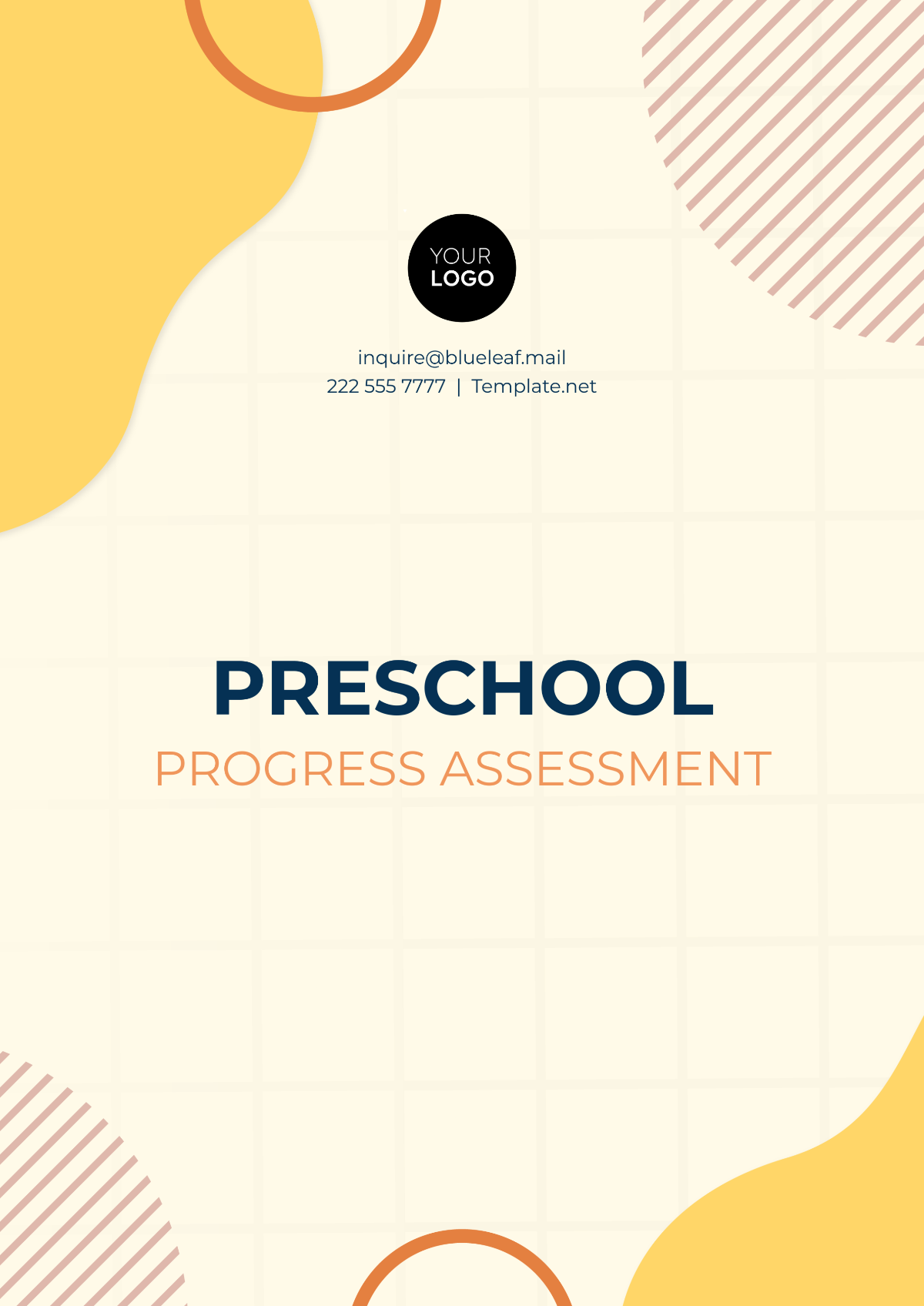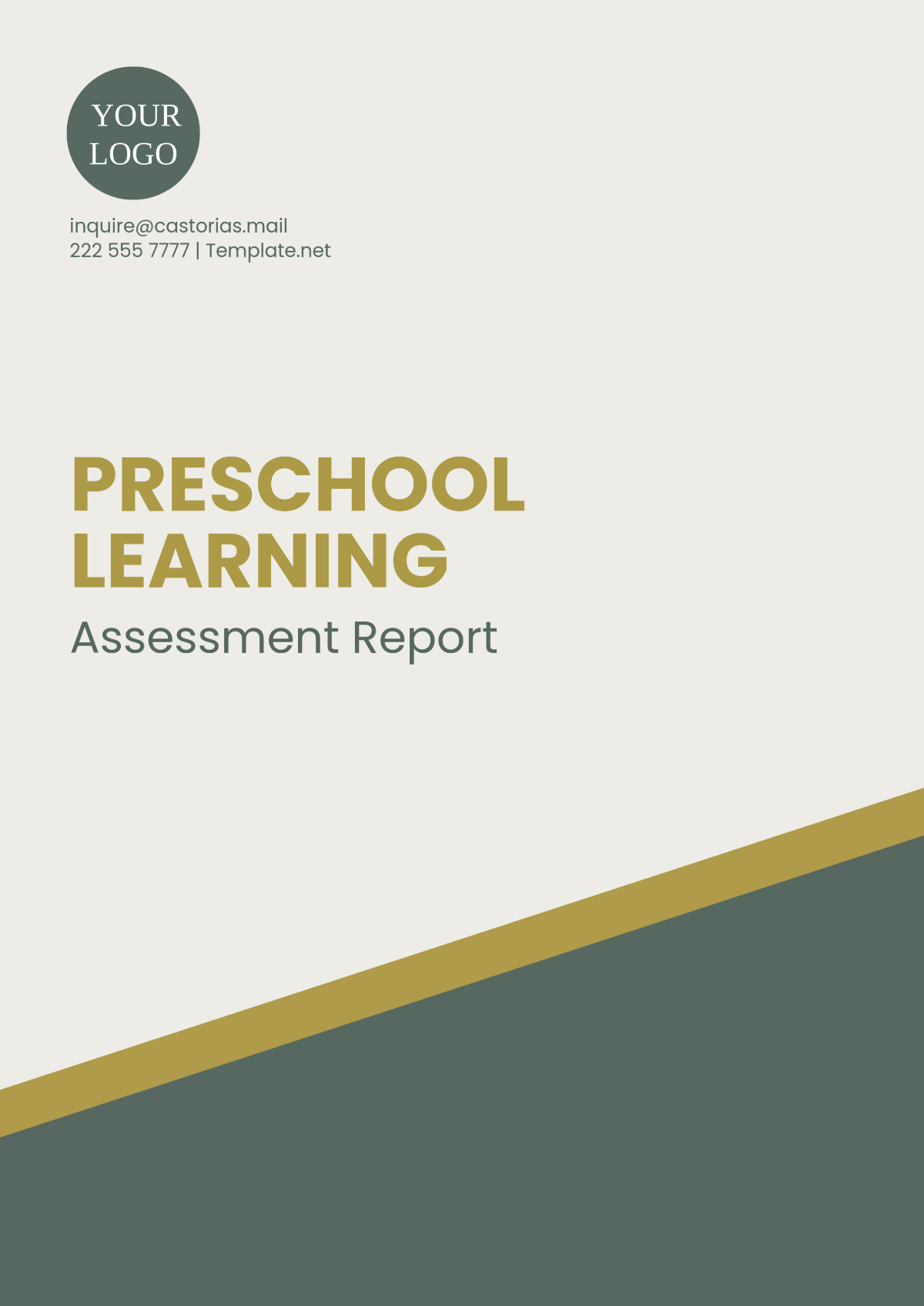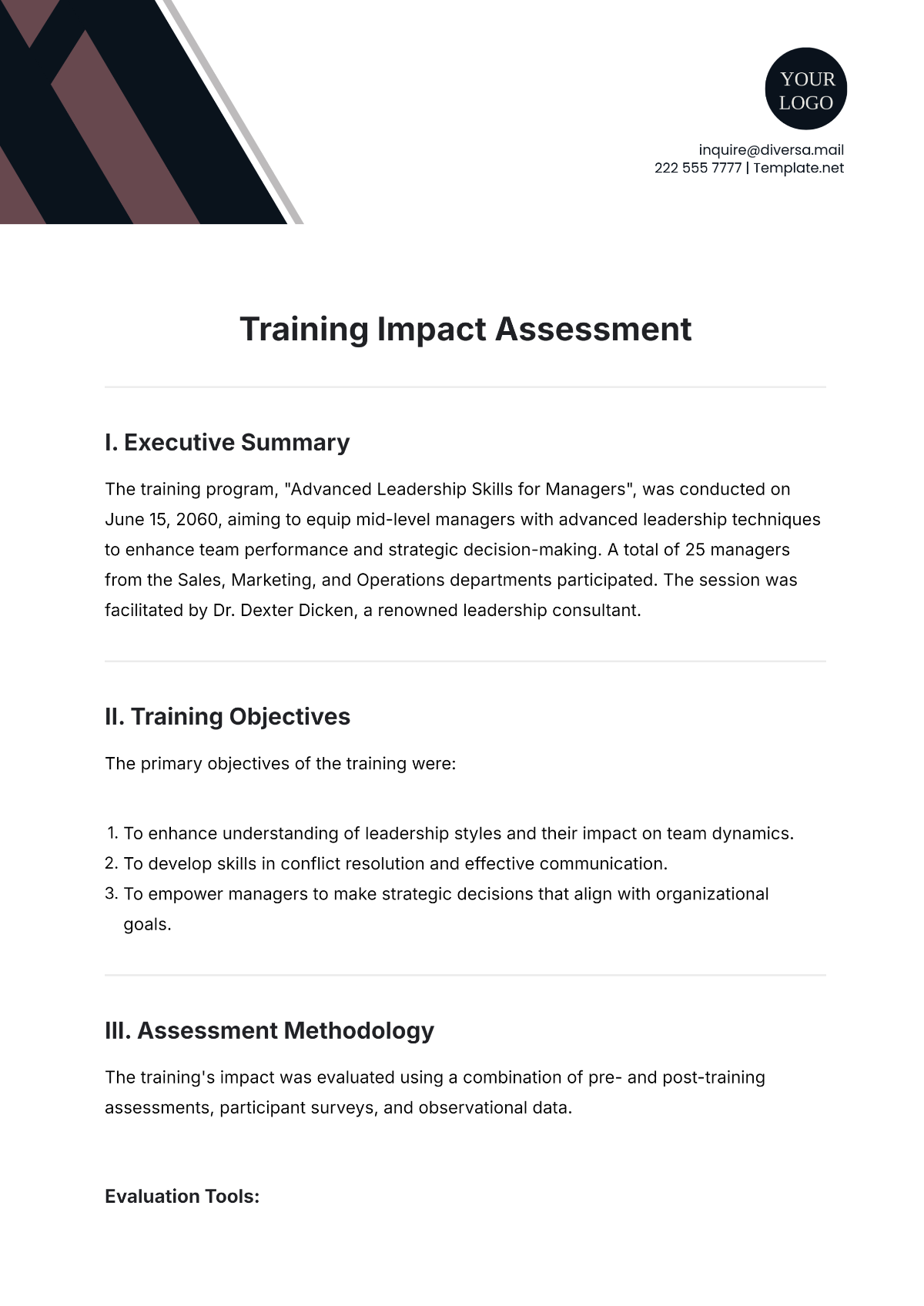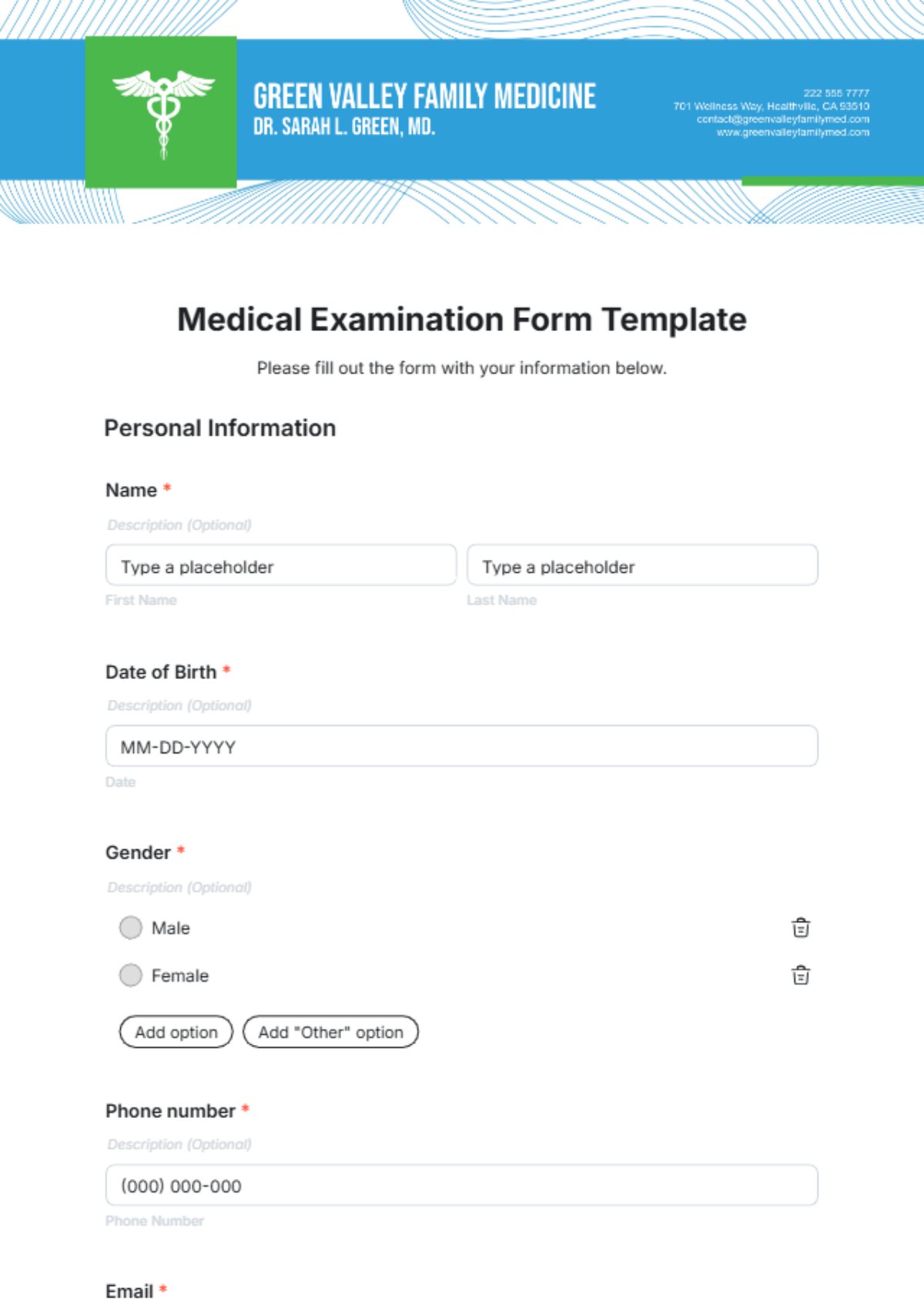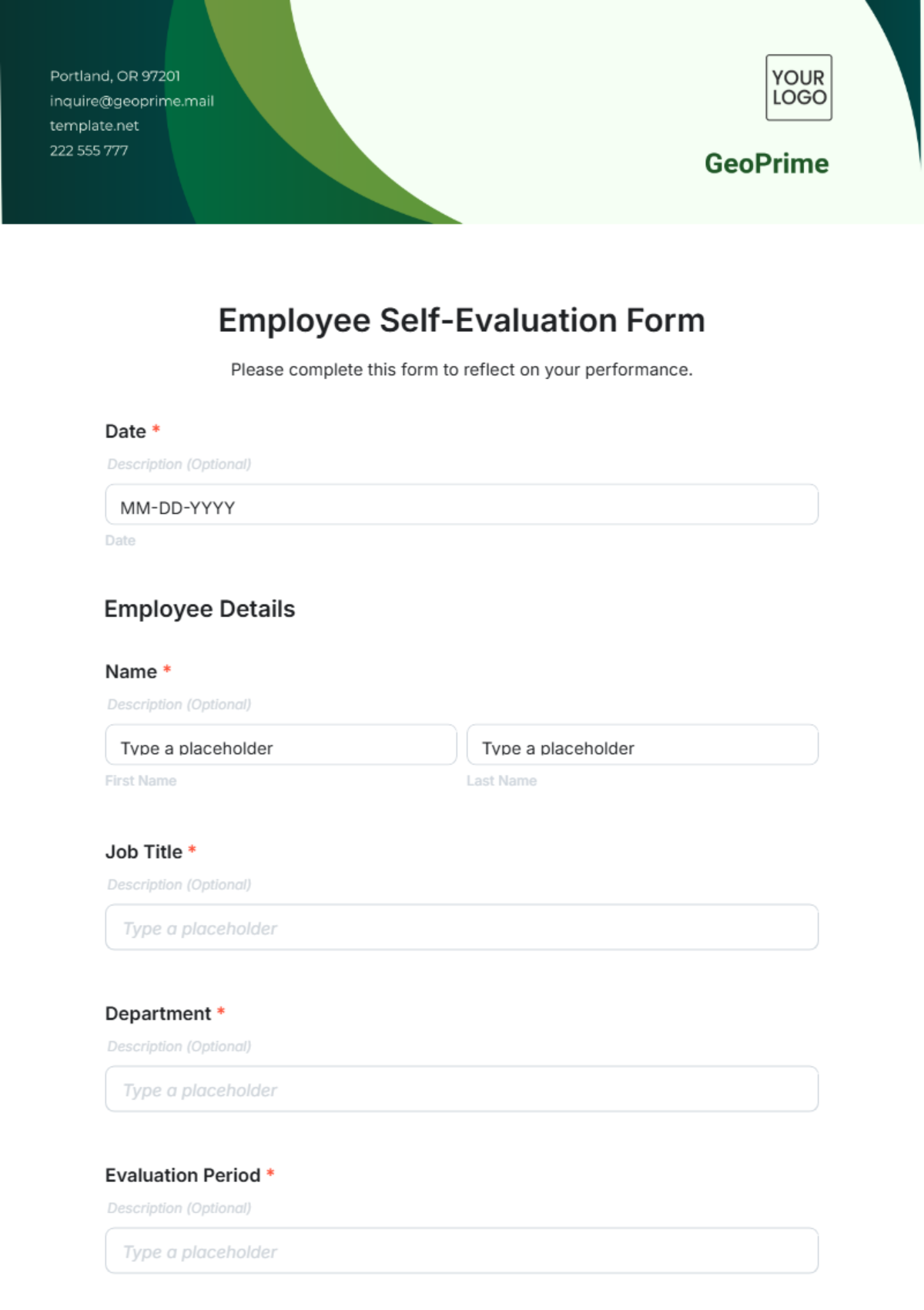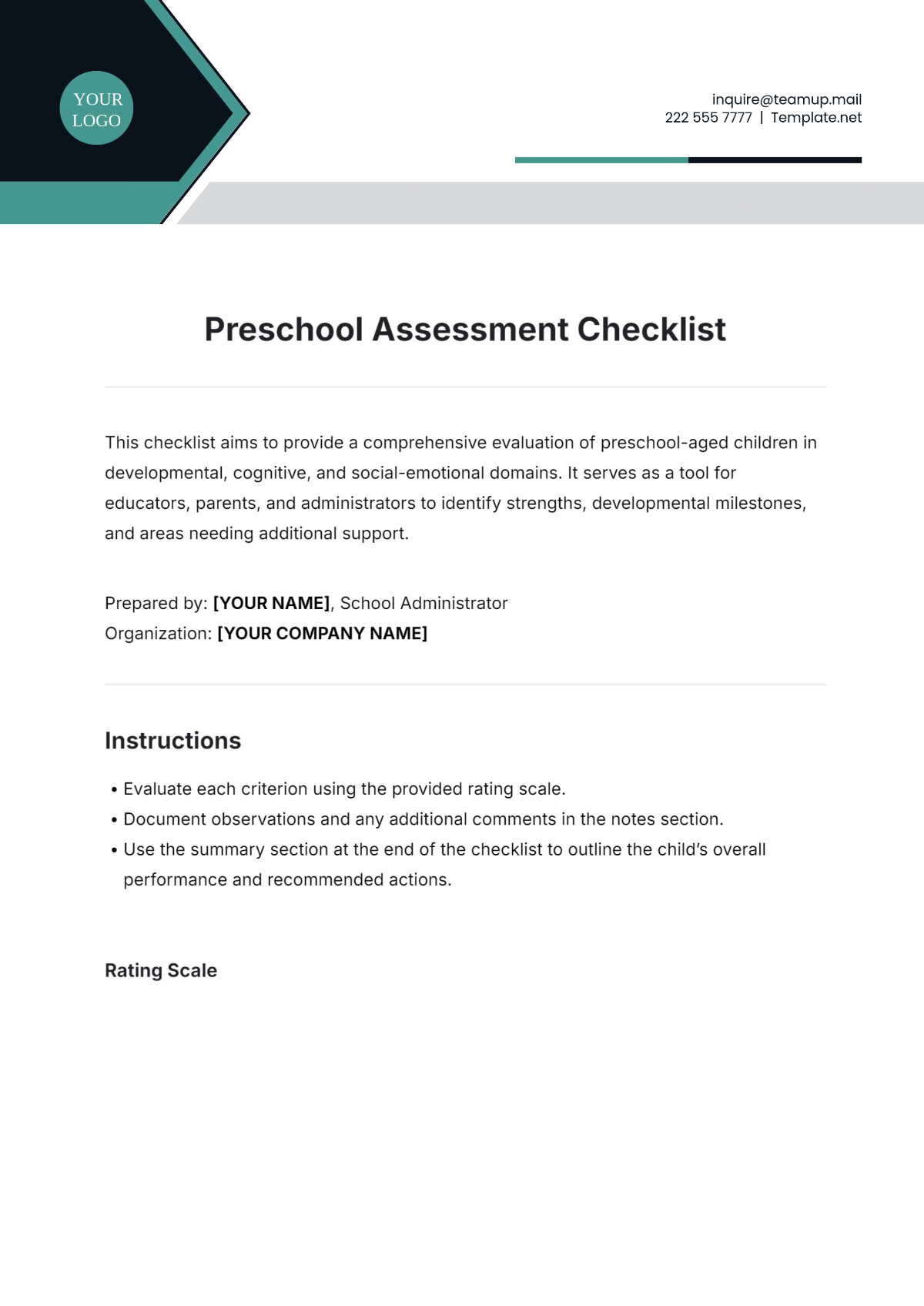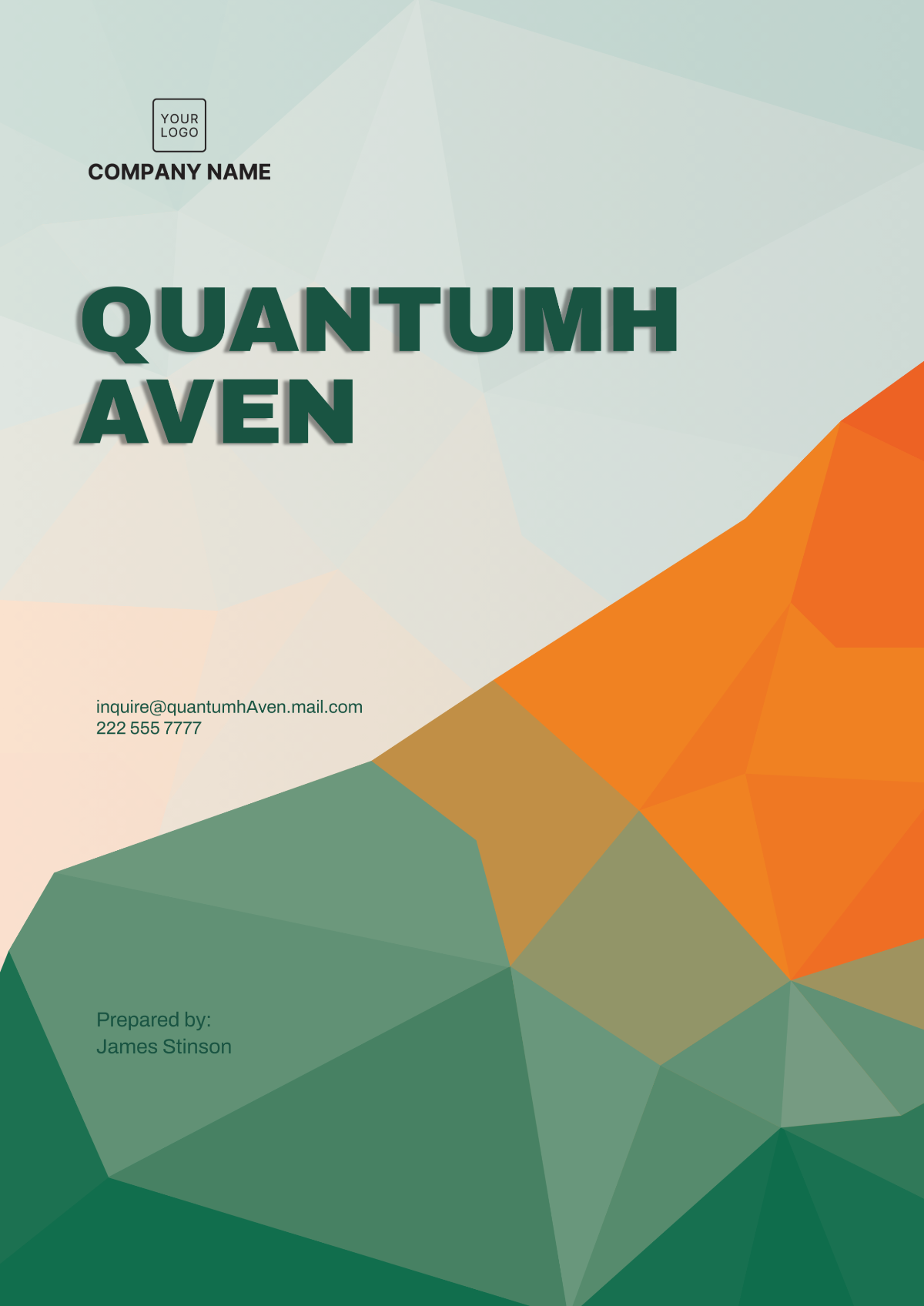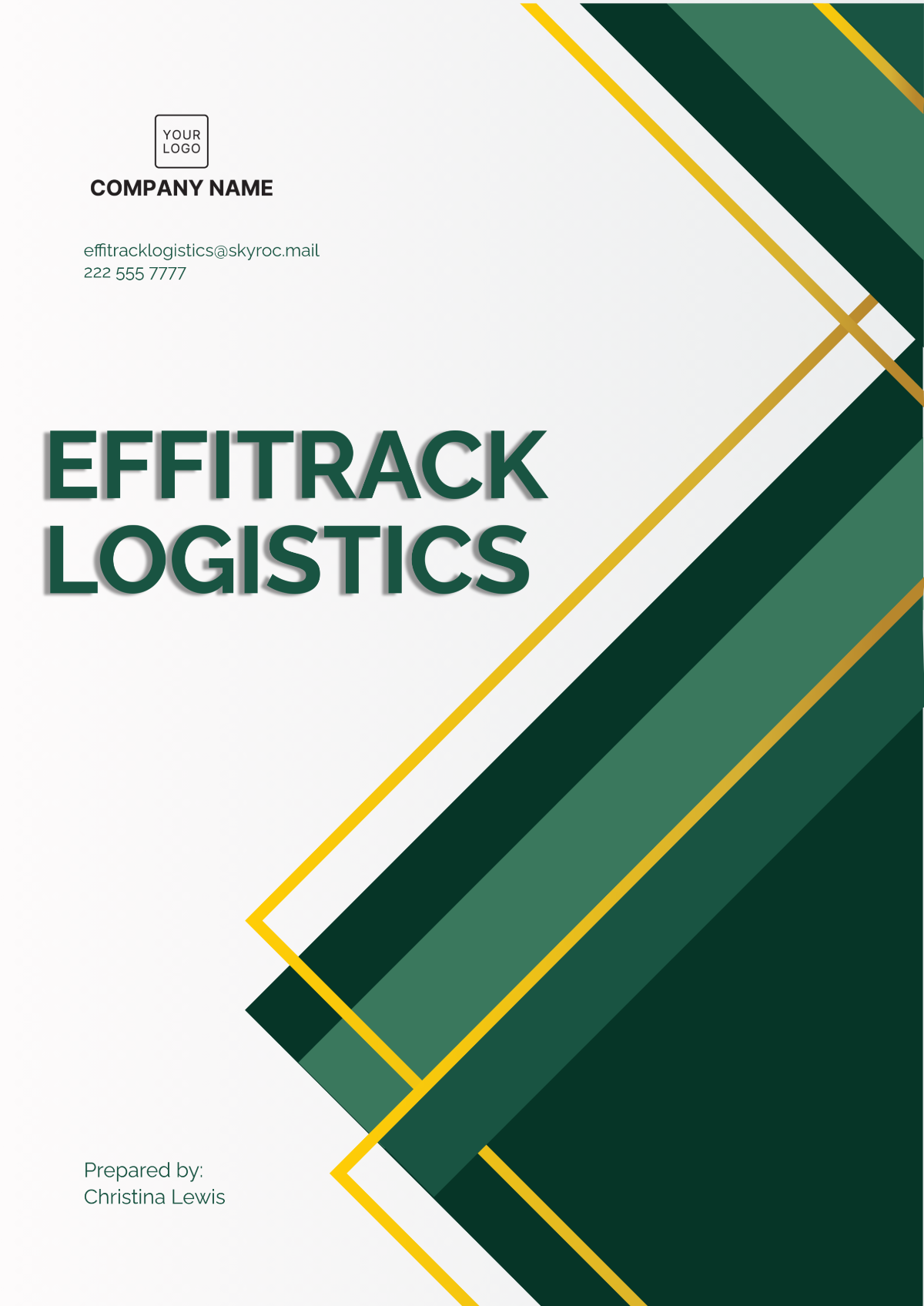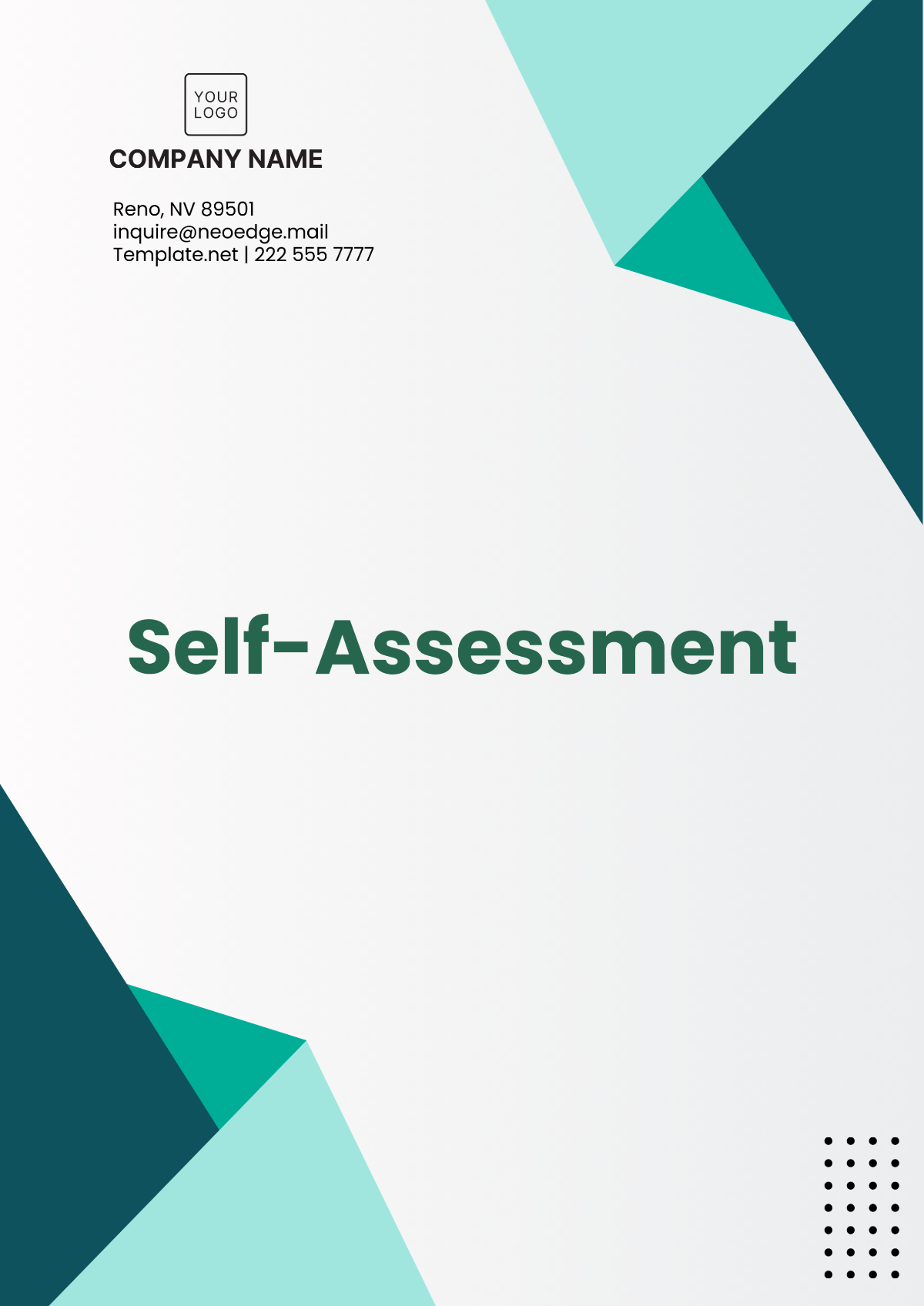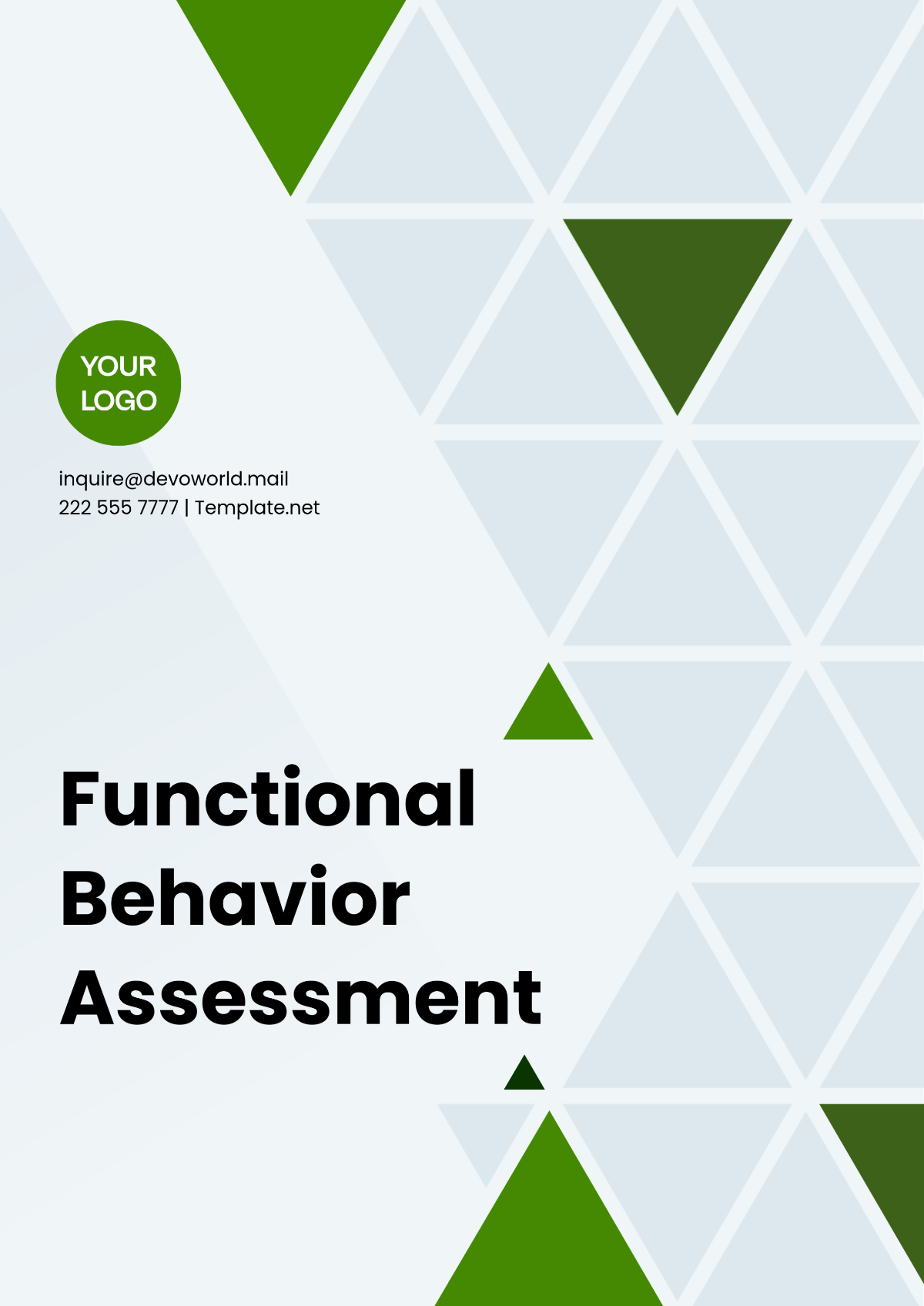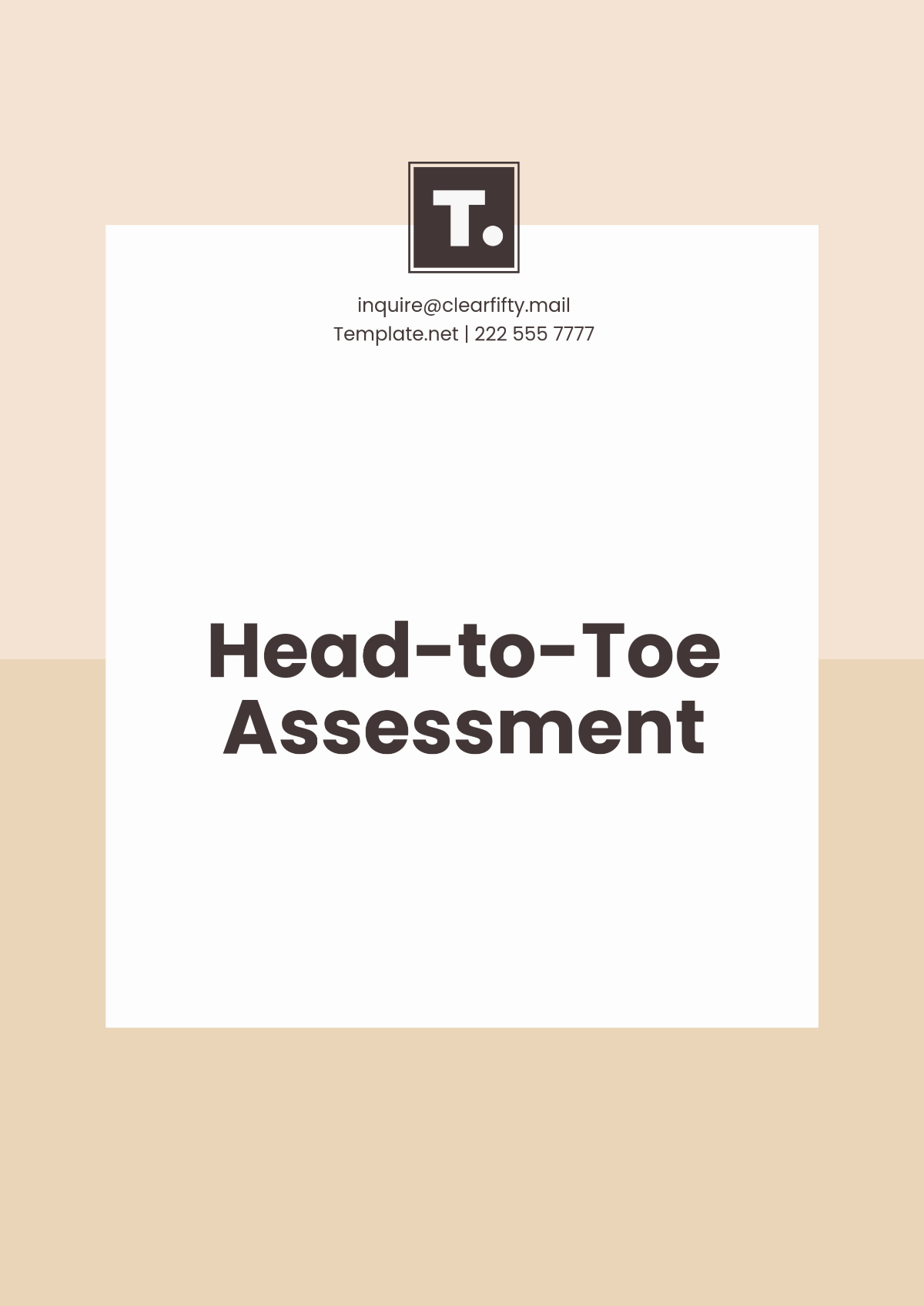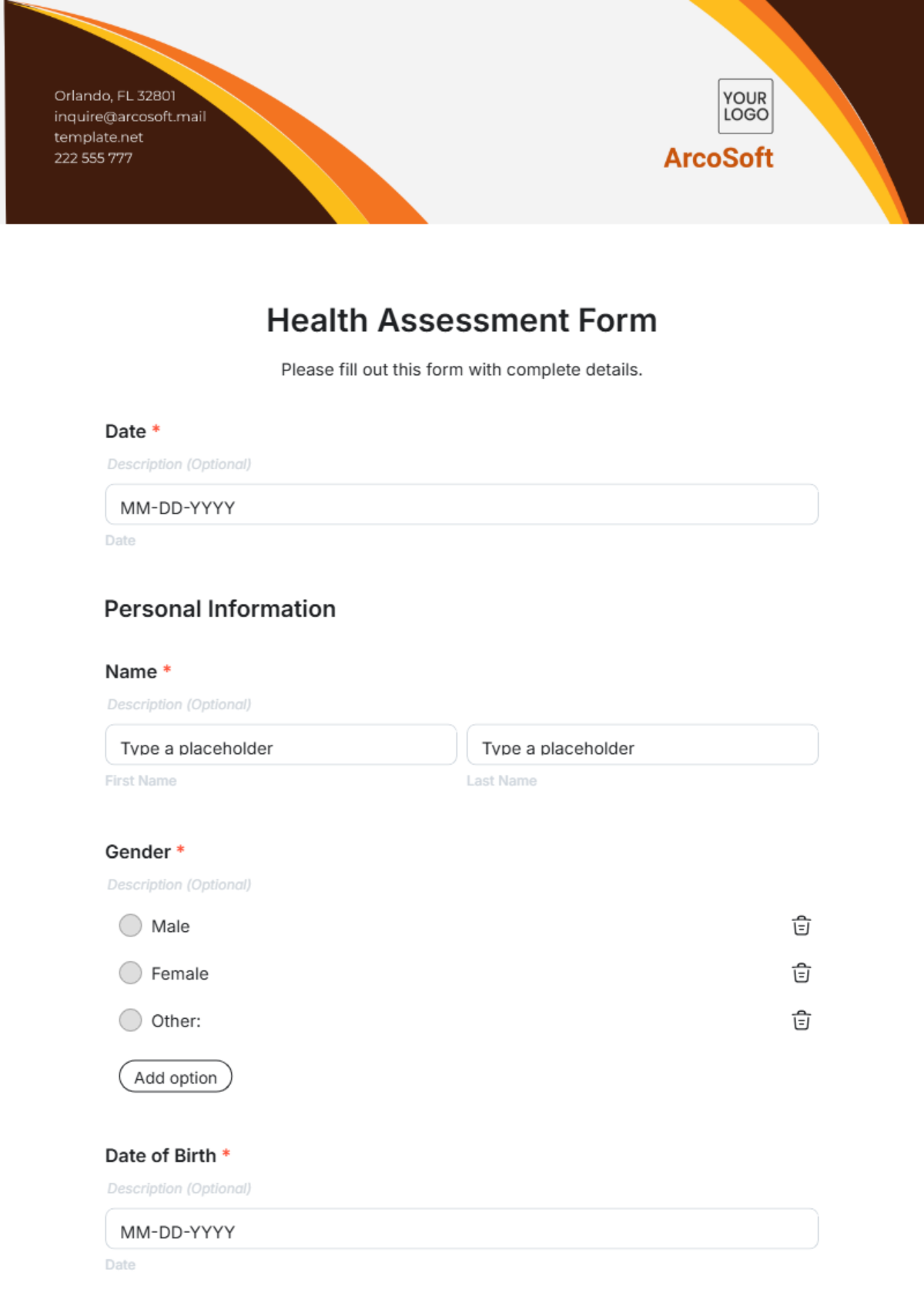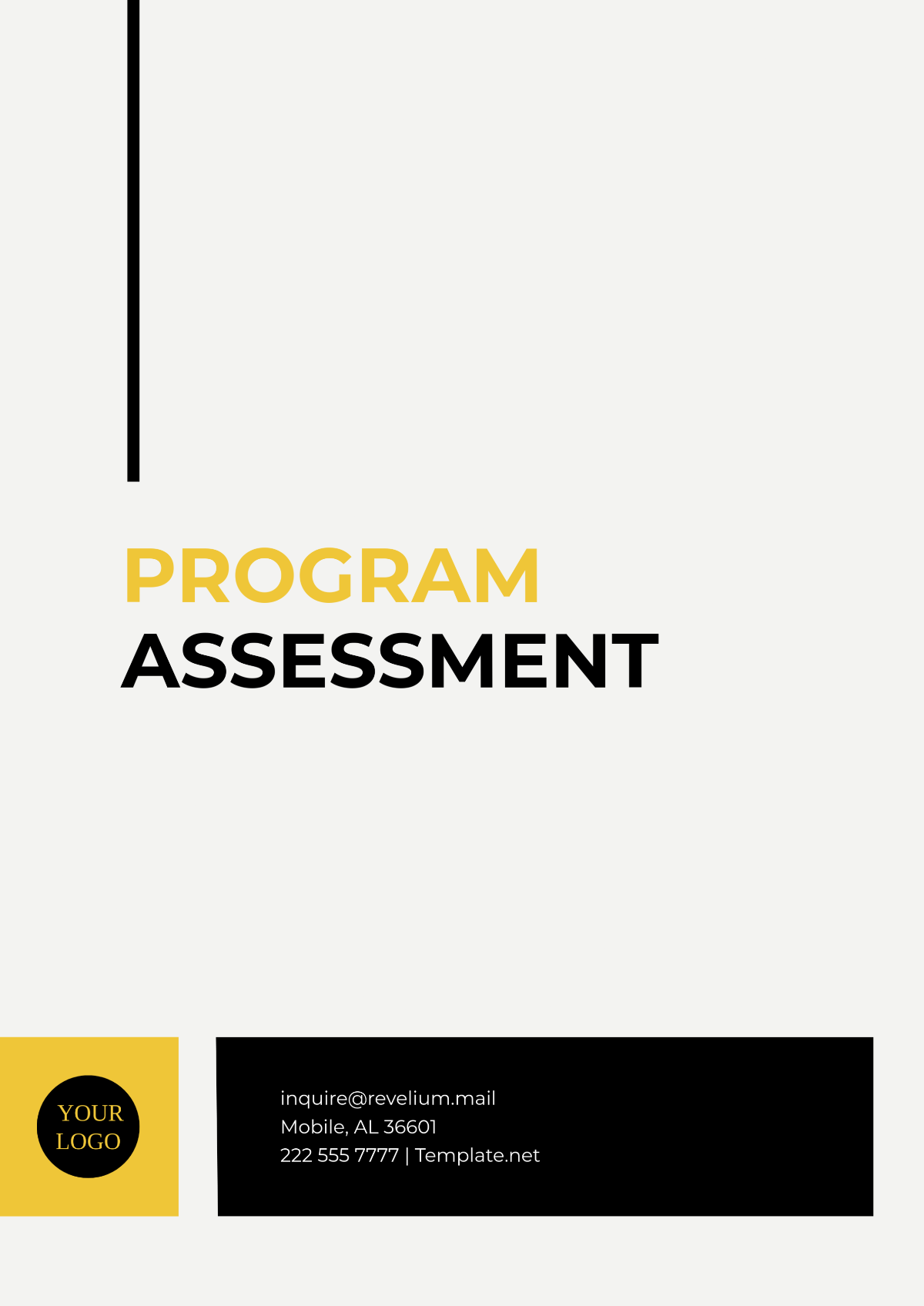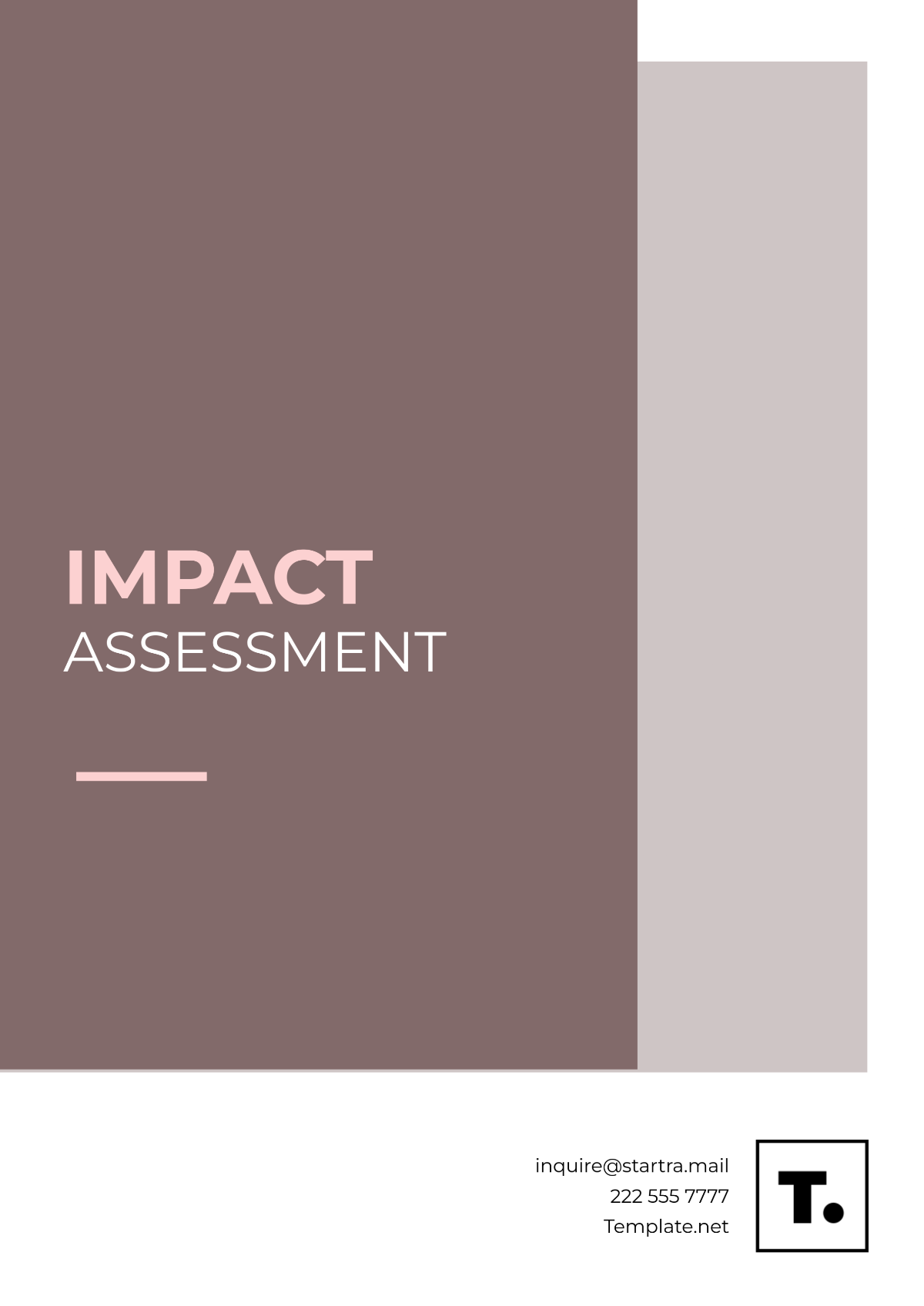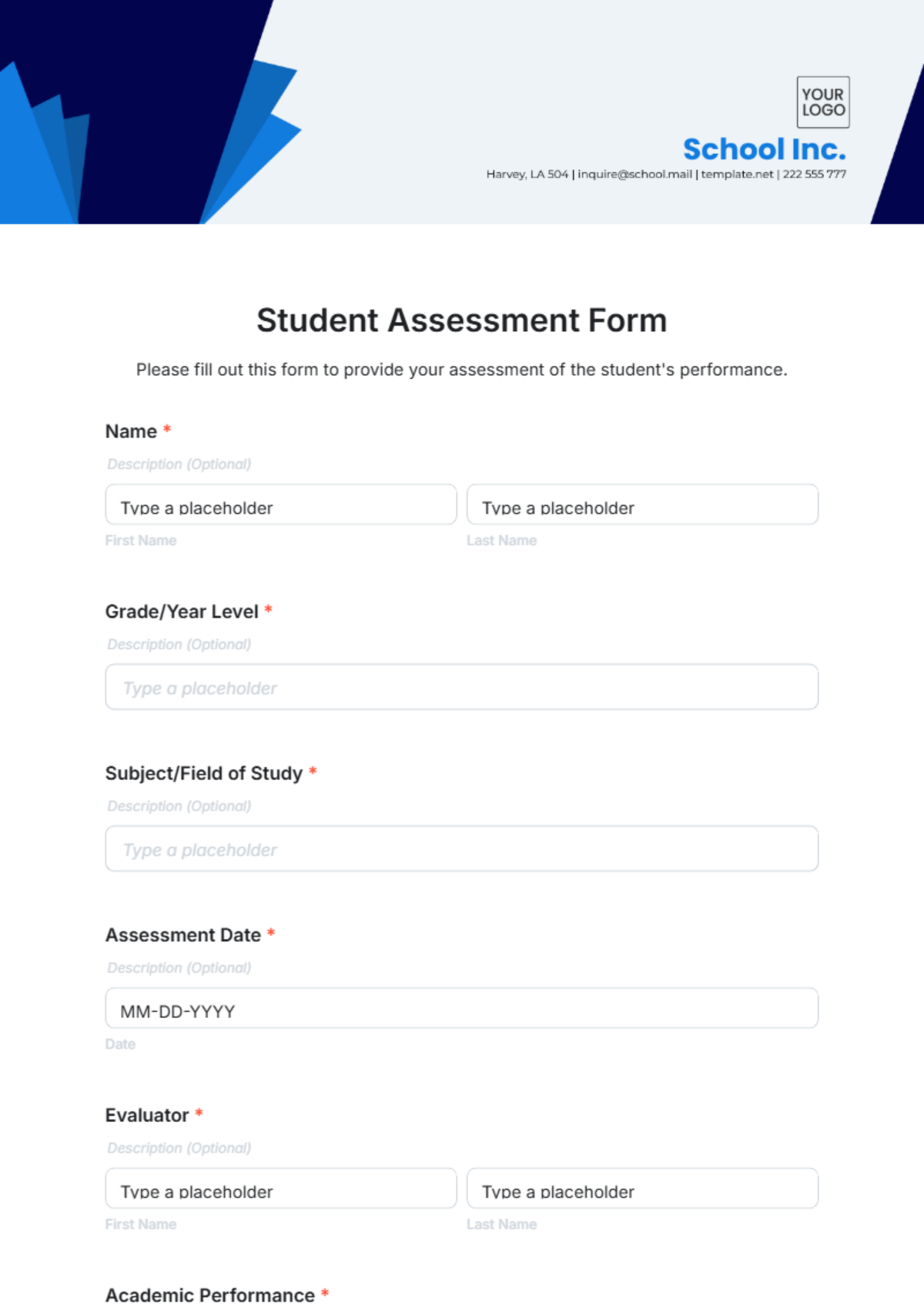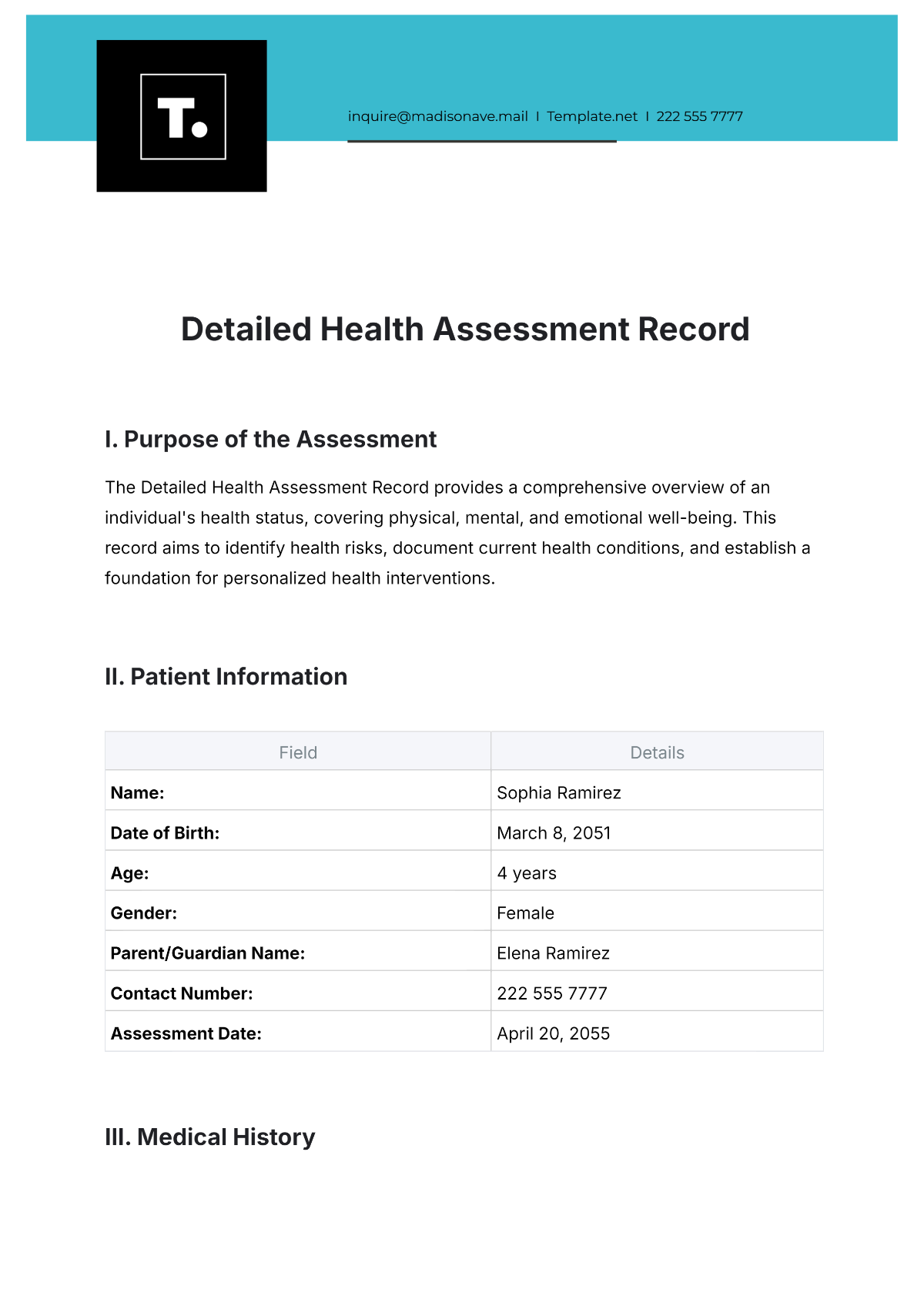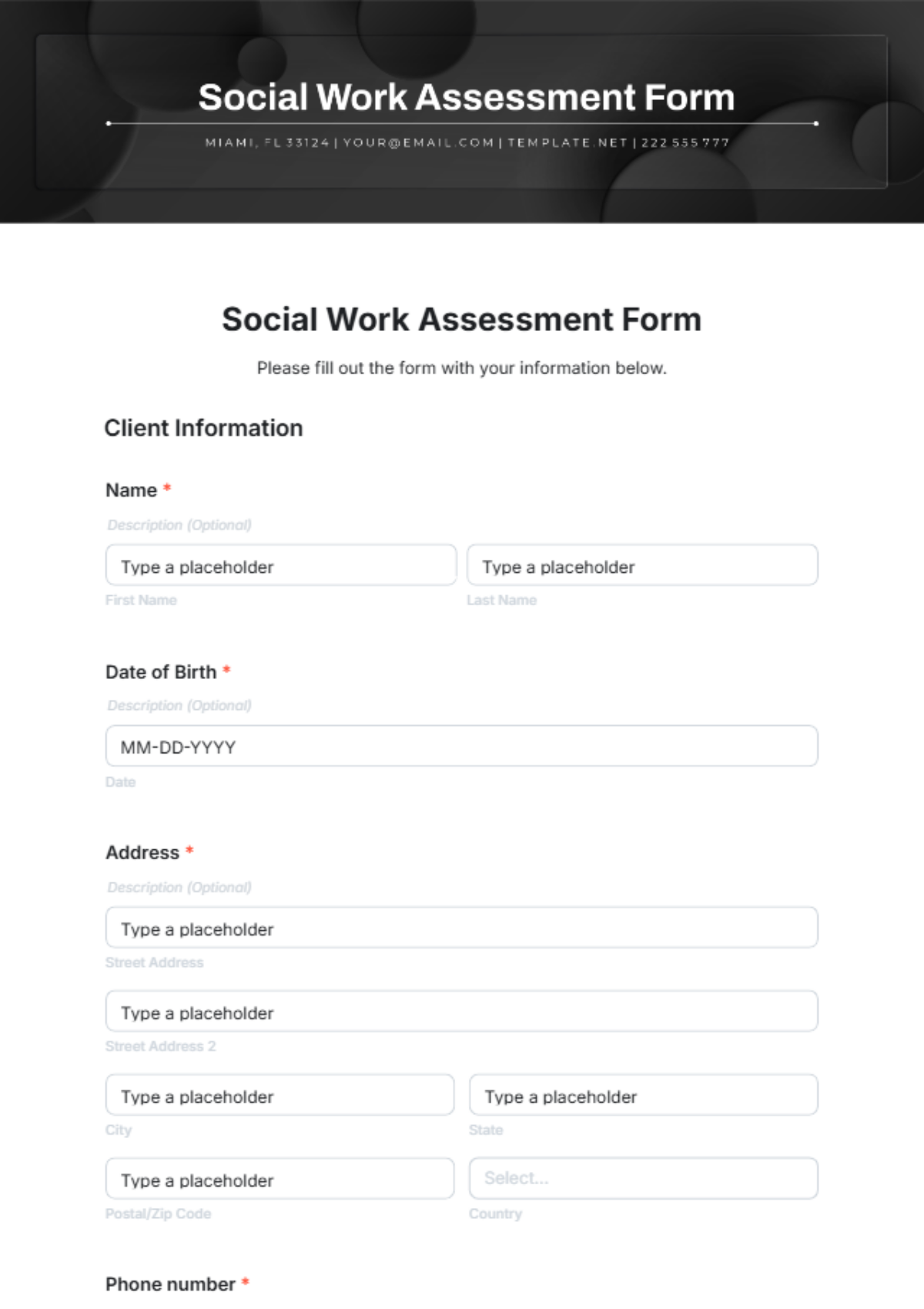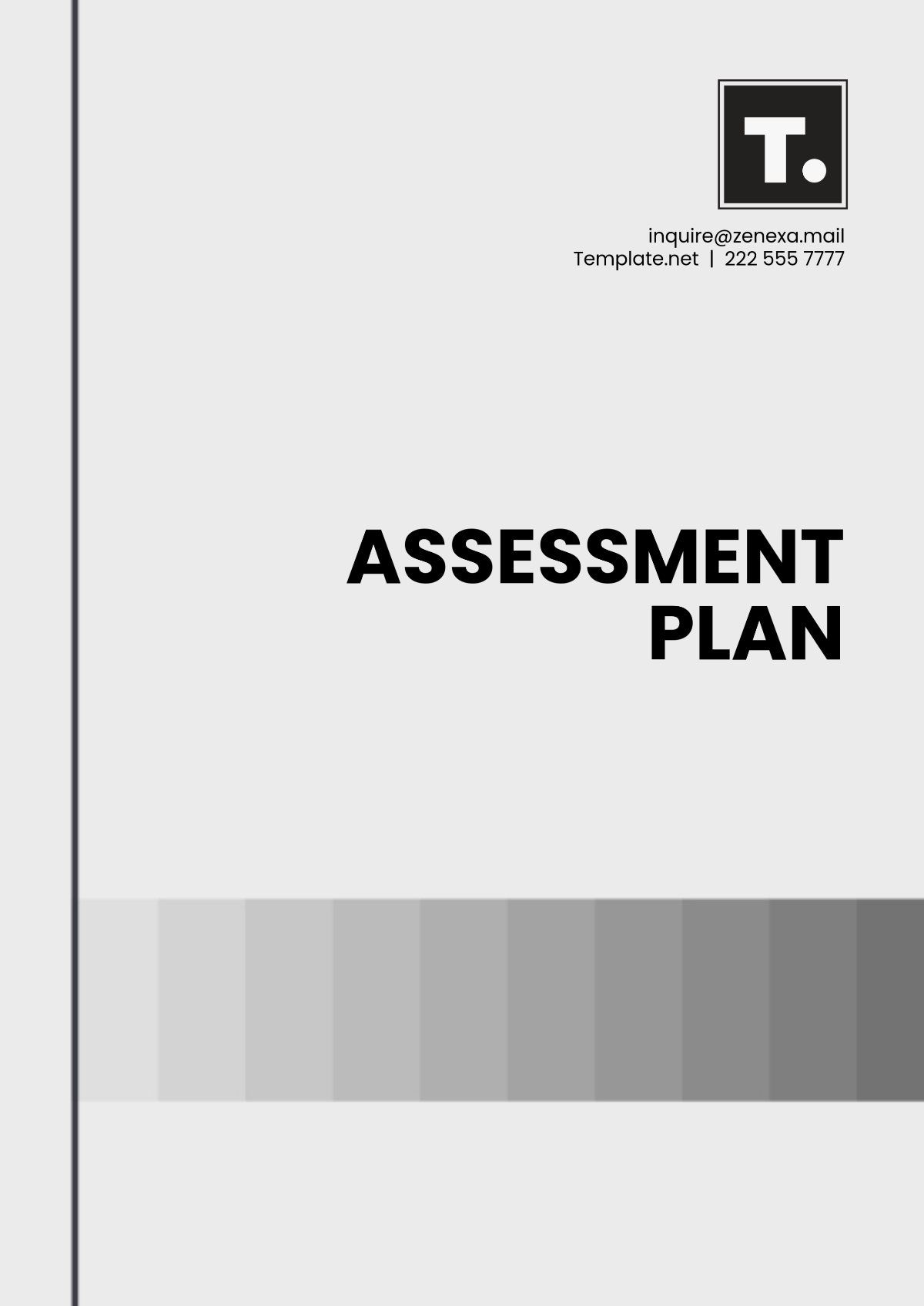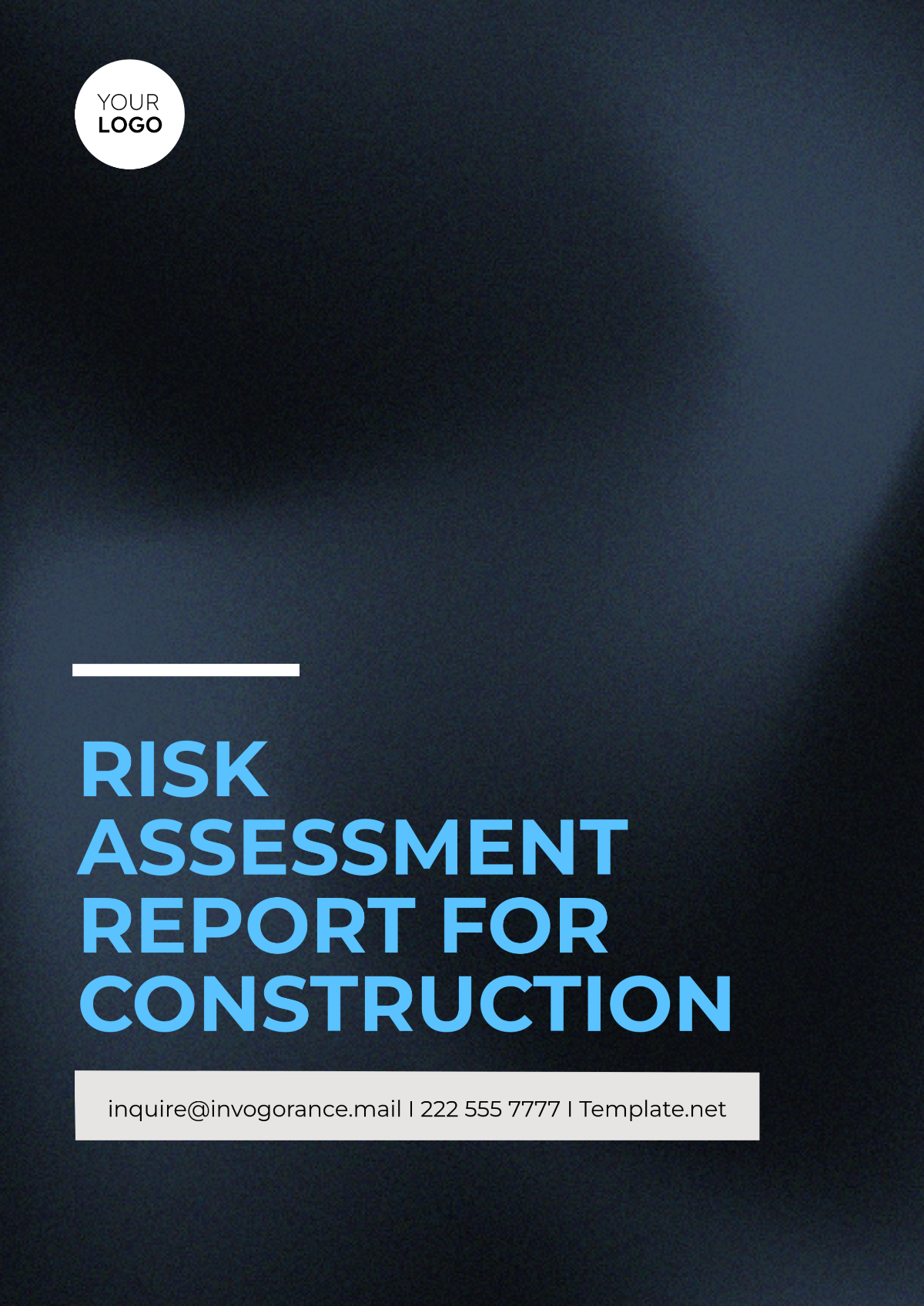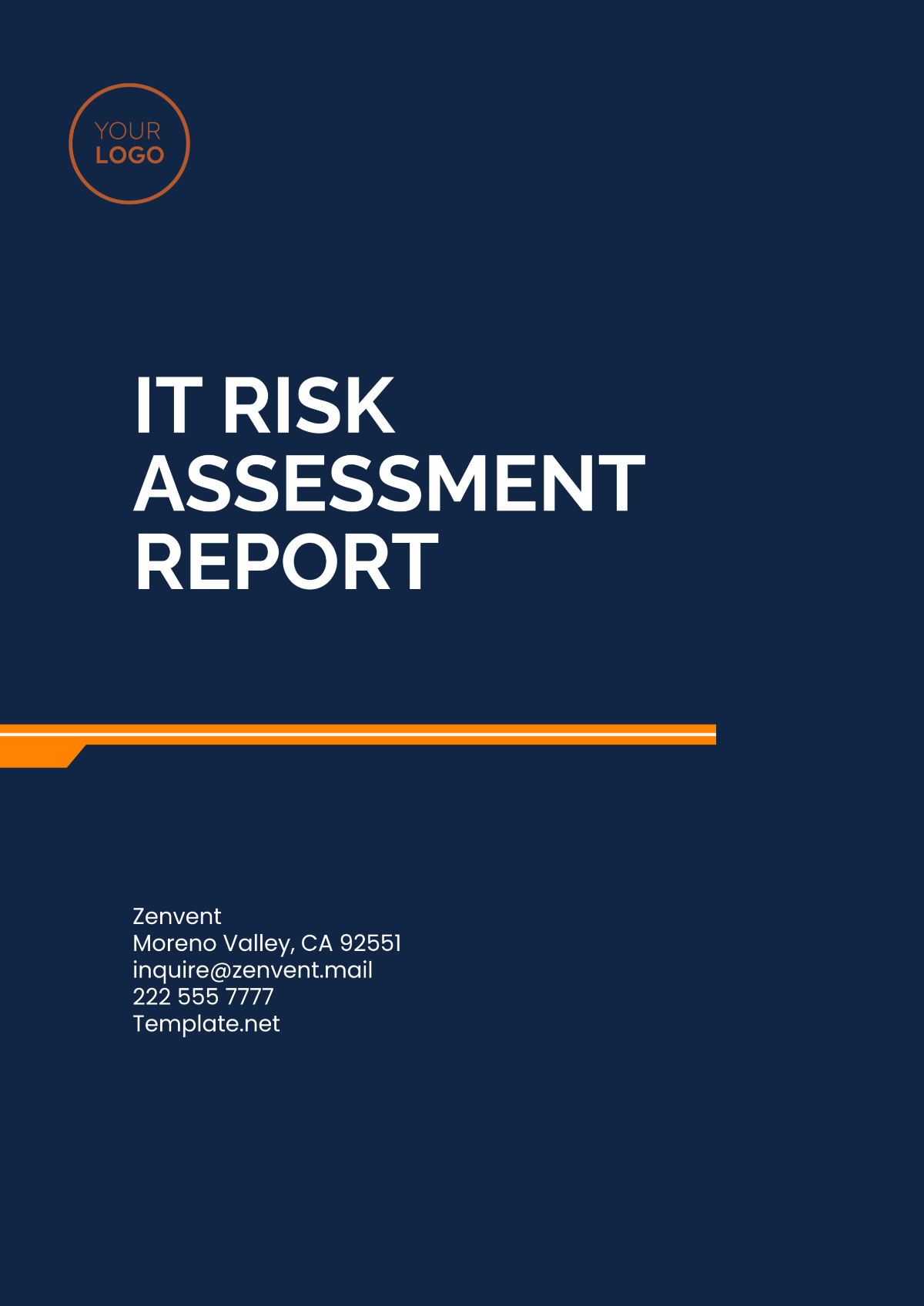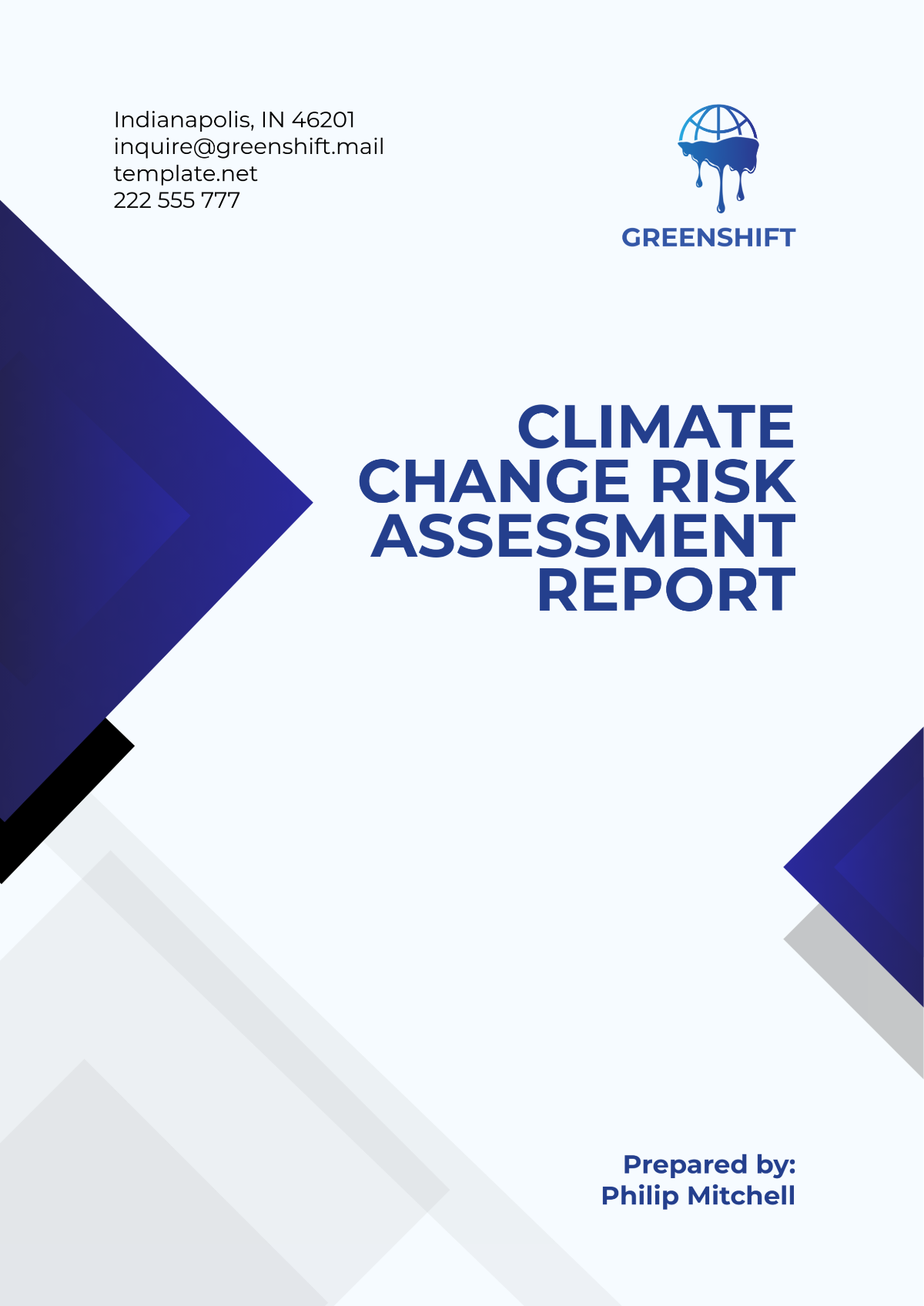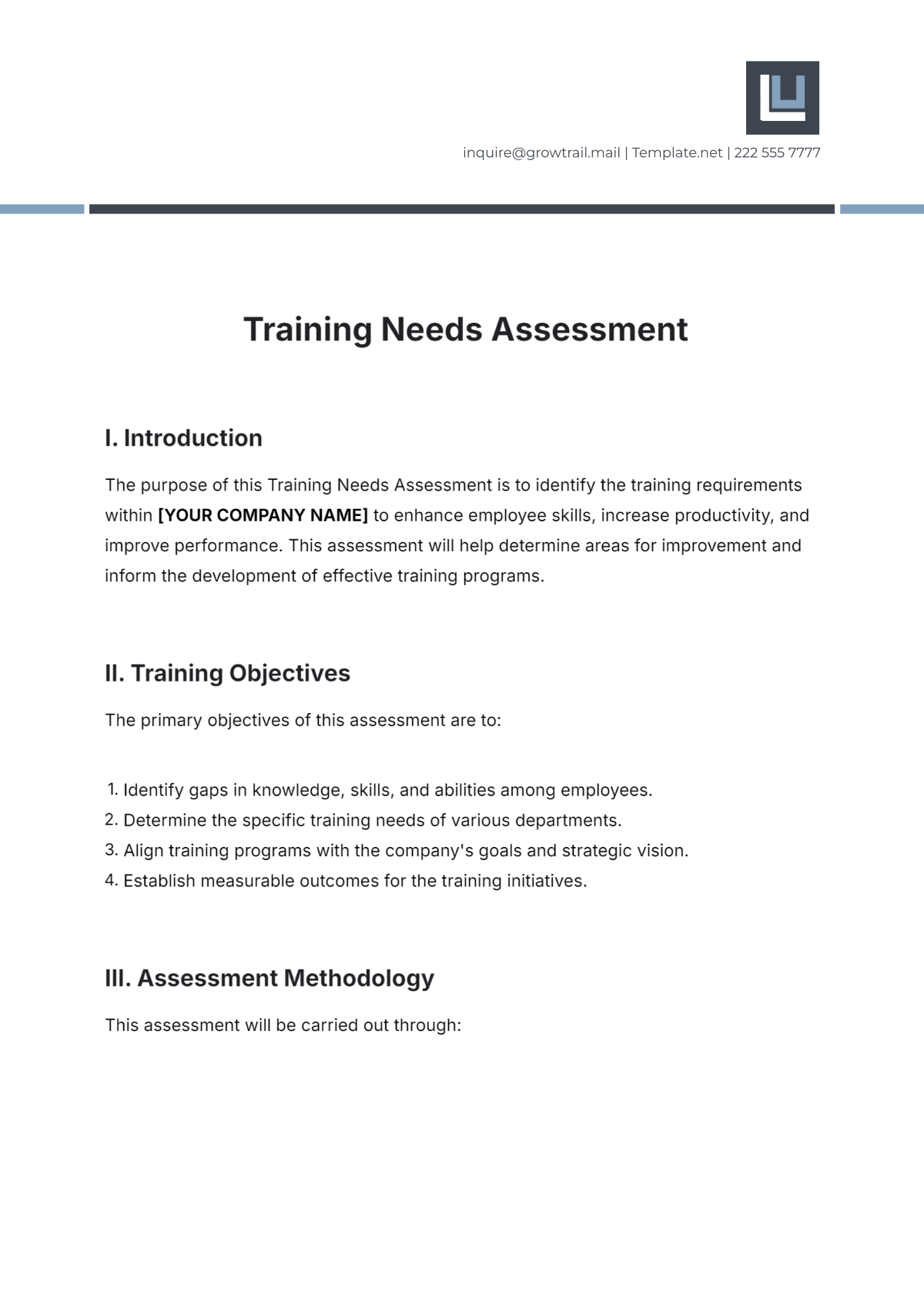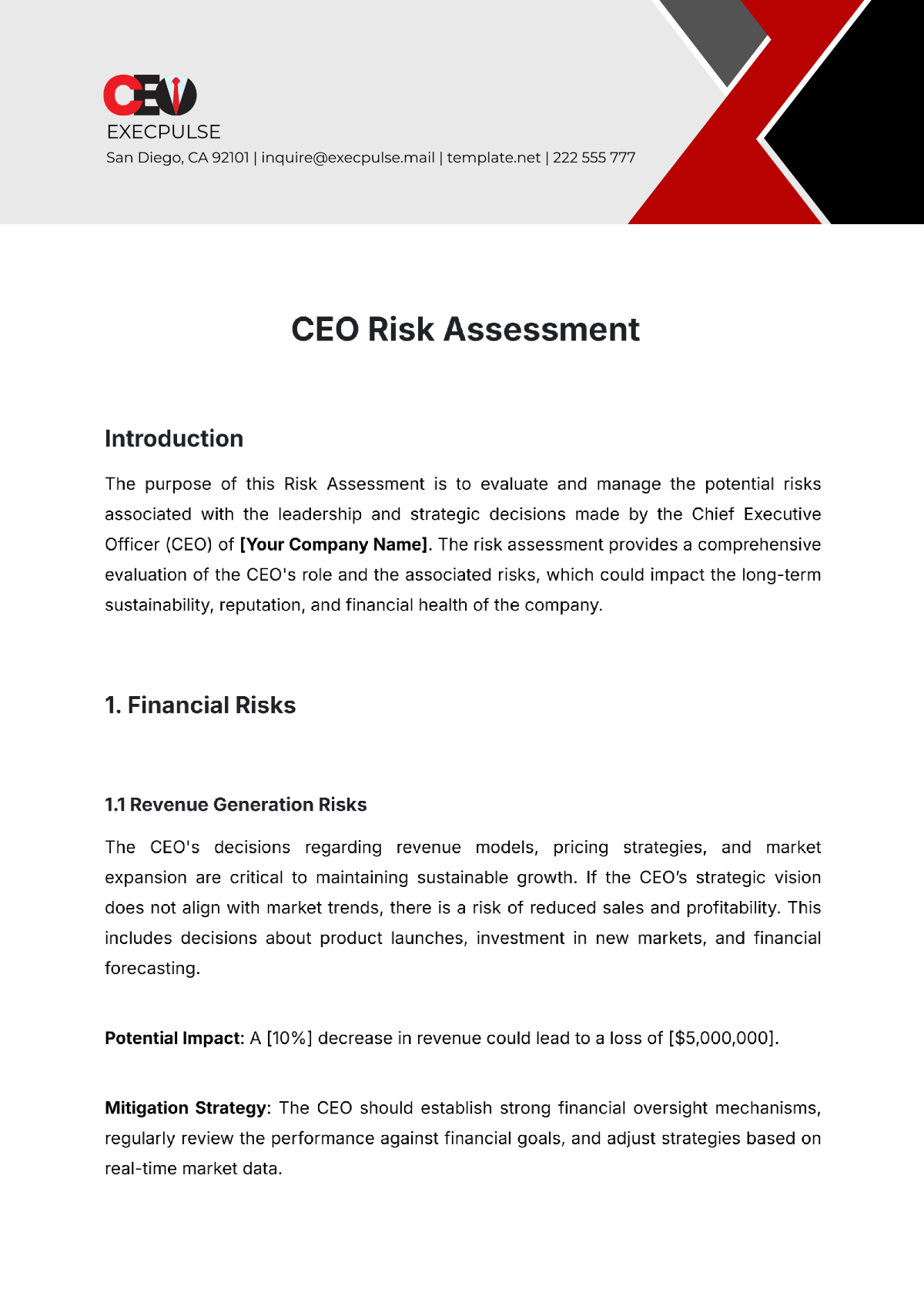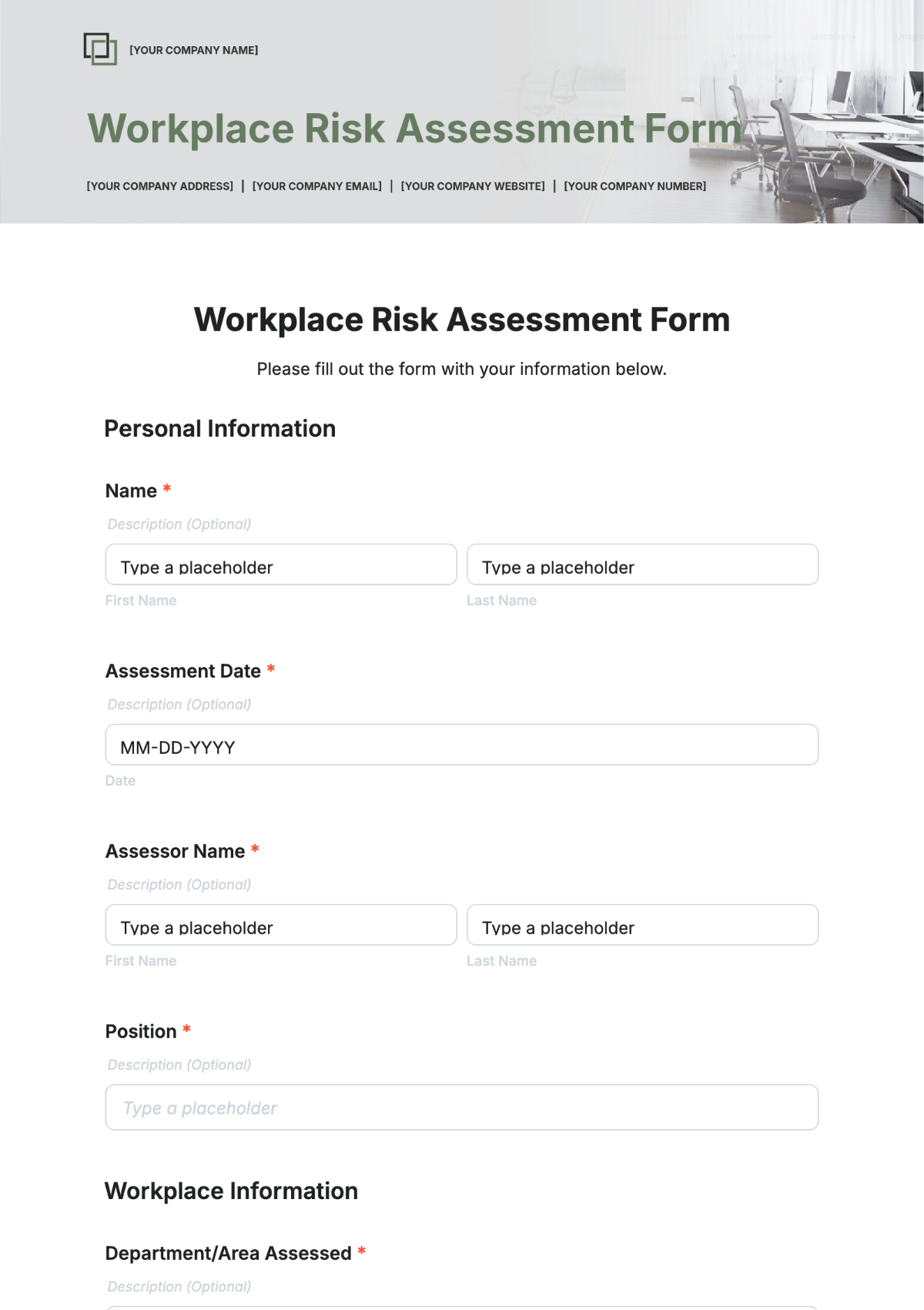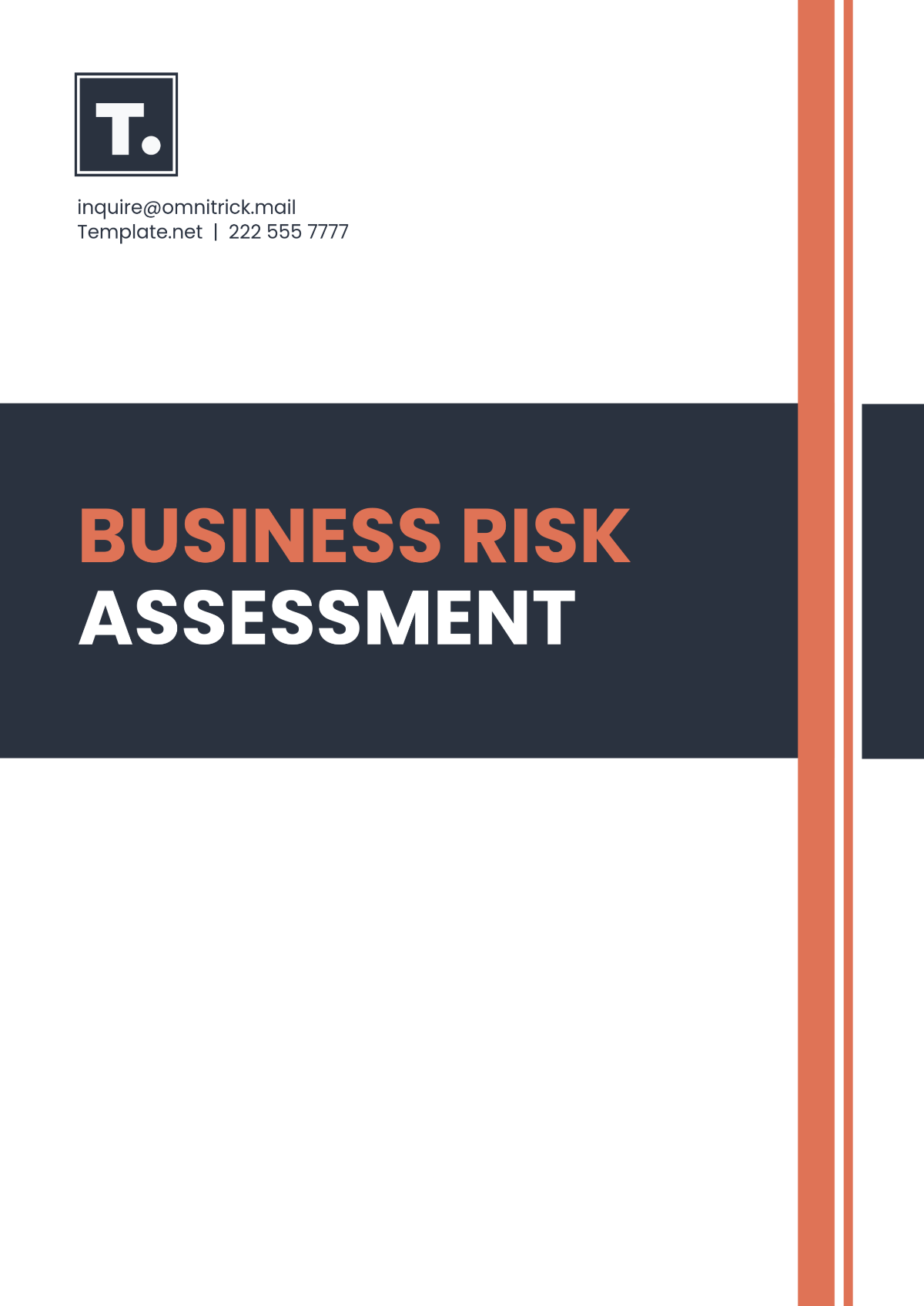Formative Assessment Action Research
Prepared by: [Your Name]
Date: [Date]
I. Introduction
Formative assessment action research plays a crucial role in the educational process, providing teachers with the tools needed to assess student learning and adapt their instructional methods accordingly. This constant cycle of feedback and adjustment supports a more responsive and effective learning environment for students.
II. Key Components
Key components include:
Data Collection: Gathering data on student performance and understanding through various formative assessments such as quizzes, observations, discussions, and student reflections.
Data Analysis: Analyzing the collected data to identify patterns, strengths, and areas for improvement.
Action Planning: Develop an action plan based on the data analysis to address identified needs.
Implementation: Implementing the action plan and making necessary changes to teaching practices.
Reflection and Adjustment: Reflecting on the effectiveness of the implemented changes and making further adjustments as needed.
III. Methods of Data Collection
Some commonly used methods for data collection in formative assessment action research include:
Method | Description |
|---|---|
Quizzes | Short assessments to gauge student understanding of a specific topic. |
Observations | Teacher observations of student behavior and performance during classroom activities. |
Discussions | Classroom discussions that provide insights into student thinking and comprehension. |
Student Reflections | Self-assessments where students reflect on their learning and identify areas for improvement. |
IV. Benefits
Key benefits include:
Improved Student Achievement: Tailoring instruction to meet student needs leads to better academic outcomes.
Personalized Learning: Providing personalized feedback helps students understand their progress and areas needing improvement.
Enhanced Teaching Practices: Teachers can continuously improve their strategies based on data-driven insights.
Increased Student Engagement: Regular feedback and adjustments keep students more engaged and motivated.
V. Challenges and Considerations
While formative assessment action research presents many advantages, it also comes with challenges:
Time-Consuming: The process of collecting and analyzing data can be time-intensive.
Data Interpretation: Teachers must possess the skills needed to accurately interpret data and make informed decisions.
Consistency: Ensuring consistent application of formative assessments and actions can be challenging in diverse classroom settings.
VI. Conclusion
Formative assessment action research is a powerful tool for educators aiming to improve teaching and learning practices. By systematically collecting and analyzing data on student performance, teachers can make informed adjustments to their instructional strategies, leading to better student outcomes. Despite the challenges, the benefits of enhanced student achievement, personalized learning, and improved teaching practices make formative assessment action research a valuable approach in education.
VII. References
Black, P., & Wiliam, D. (2050). Assessment and classroom learning. Assessment in Education: Principles, Policy & Practice, 5(1), 7-74.
Earl, L. M. (2050). Assessment as learning: Using classroom assessment to maximize student learning. Corwin Press.
Stiggins, R. J. (2050). From formative assessment to assessment FOR learning: A path to success in standards-based schools. The Phi Delta Kappan, 87(4), 324-328.
